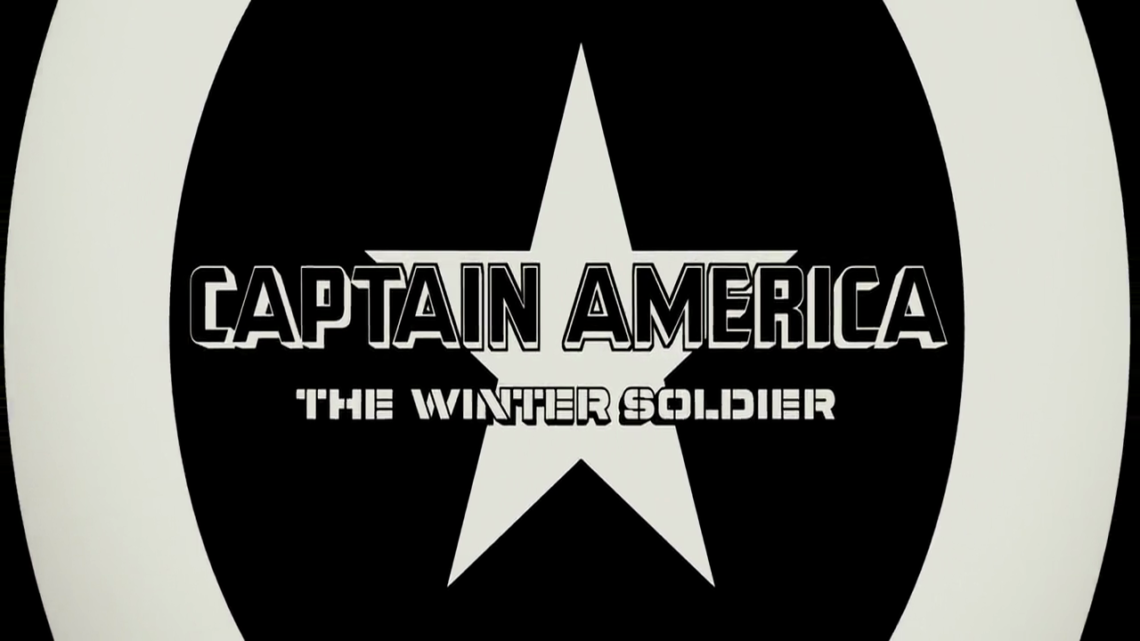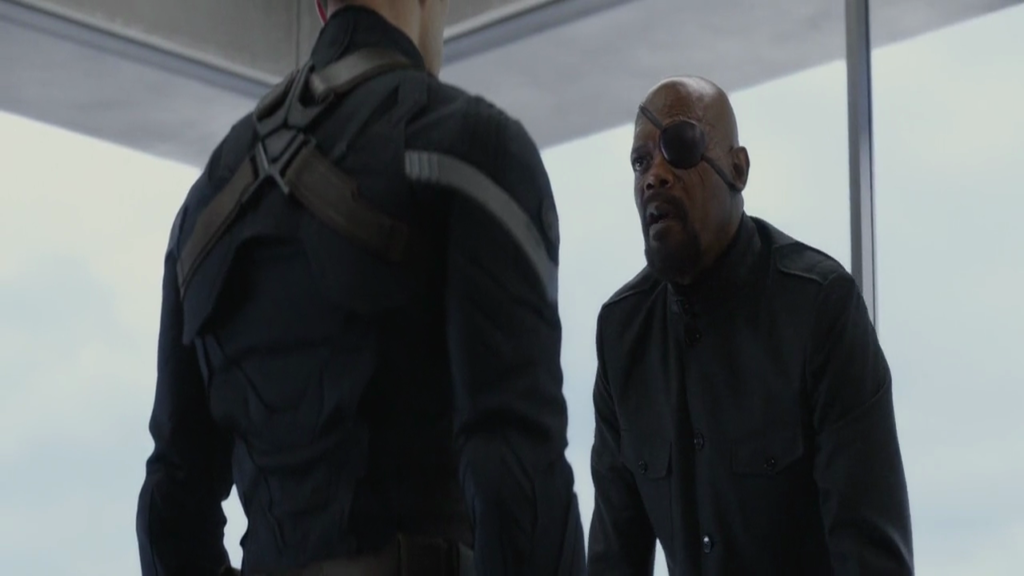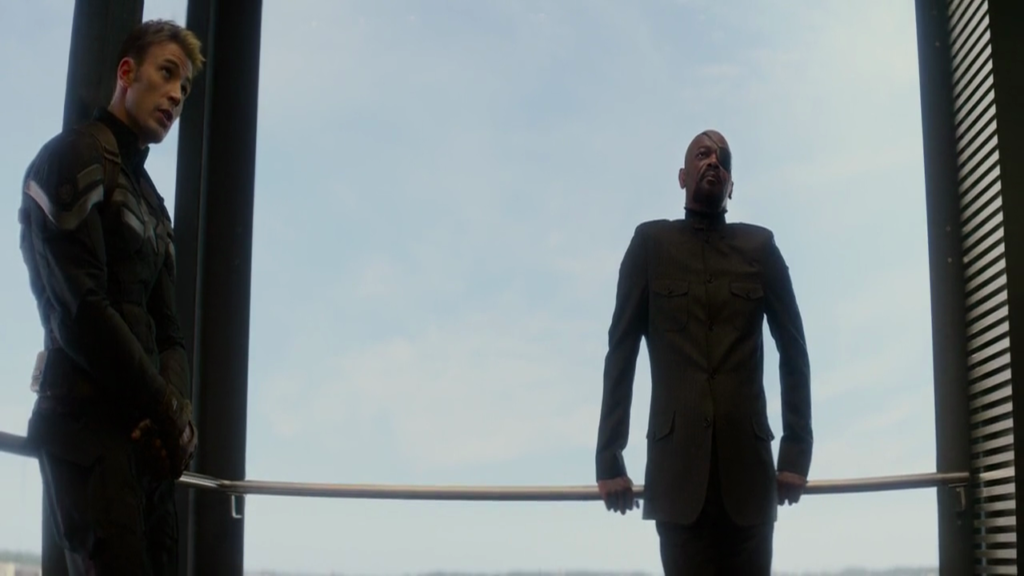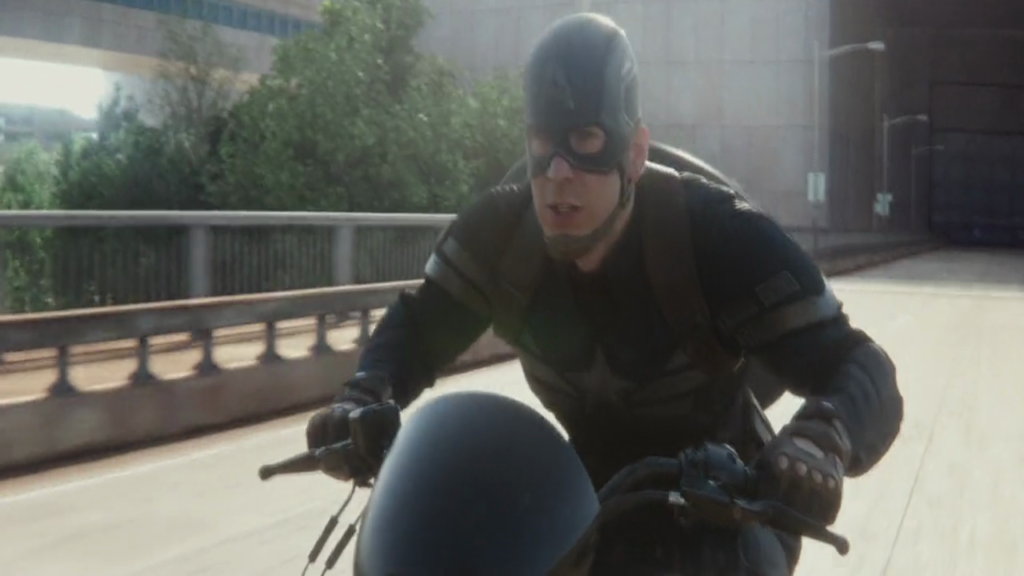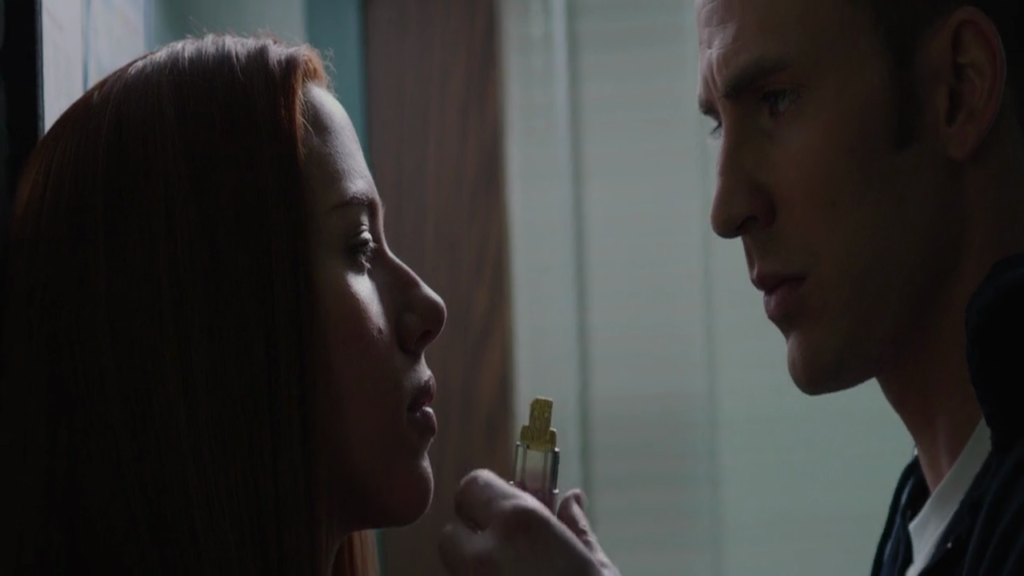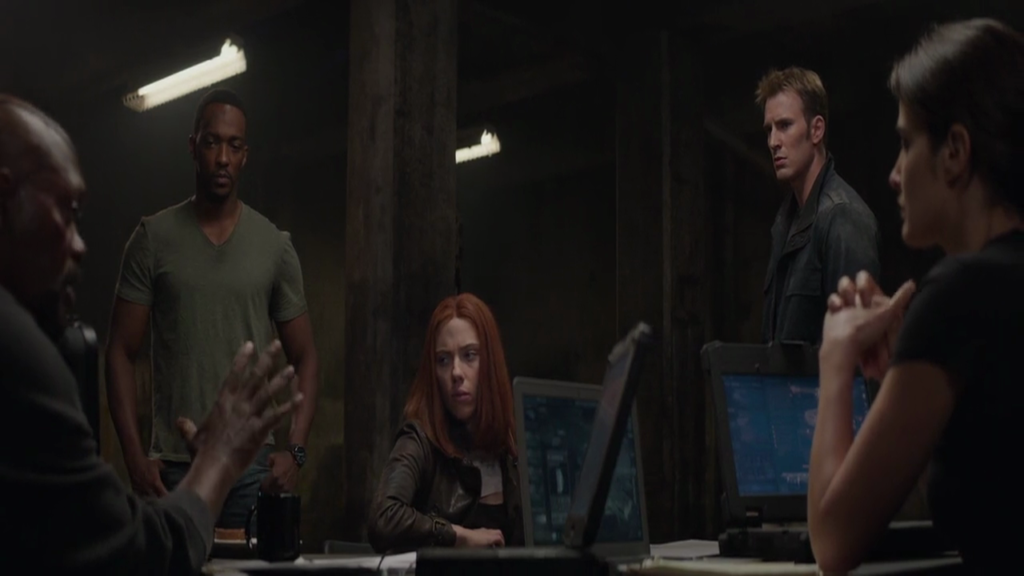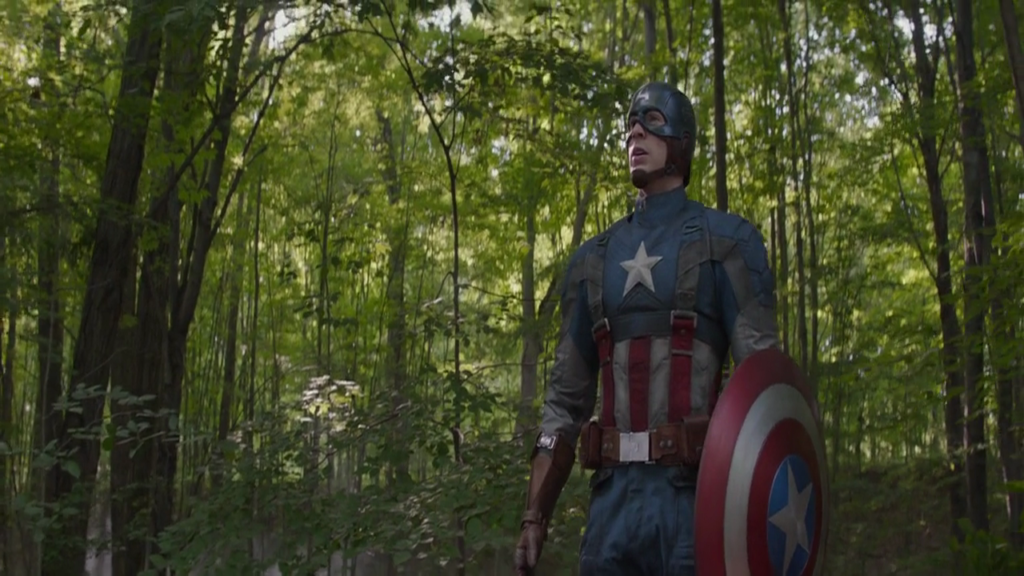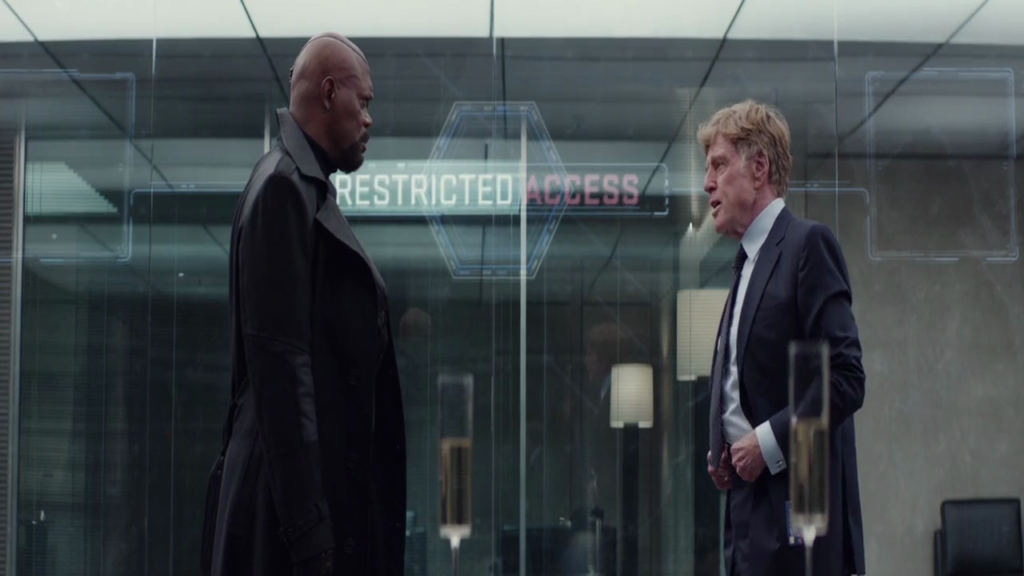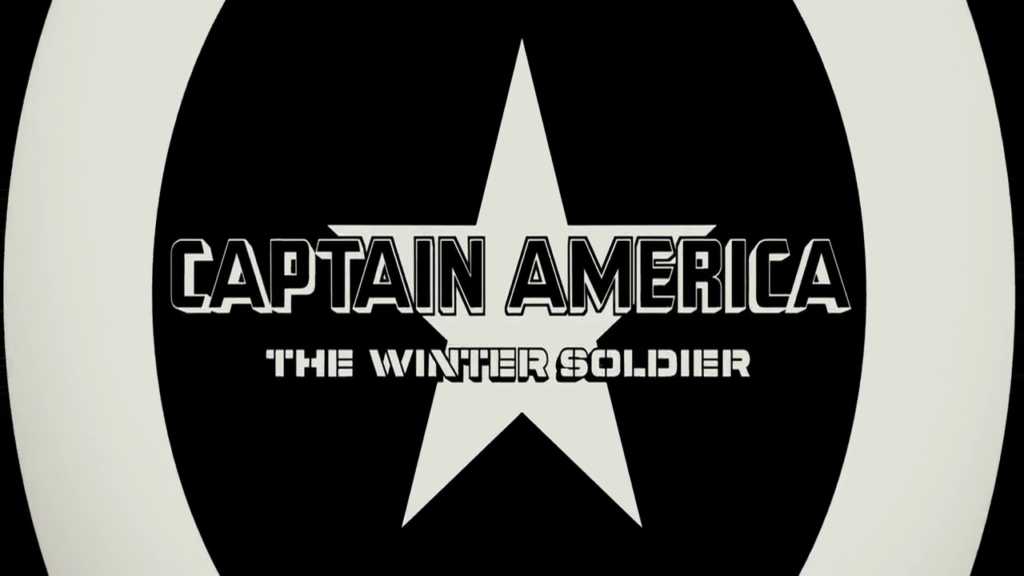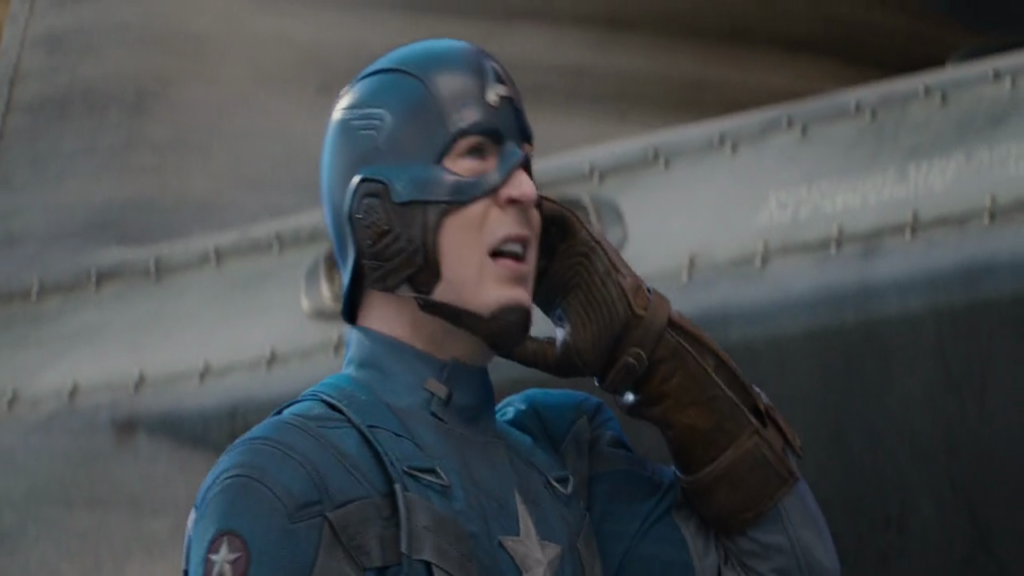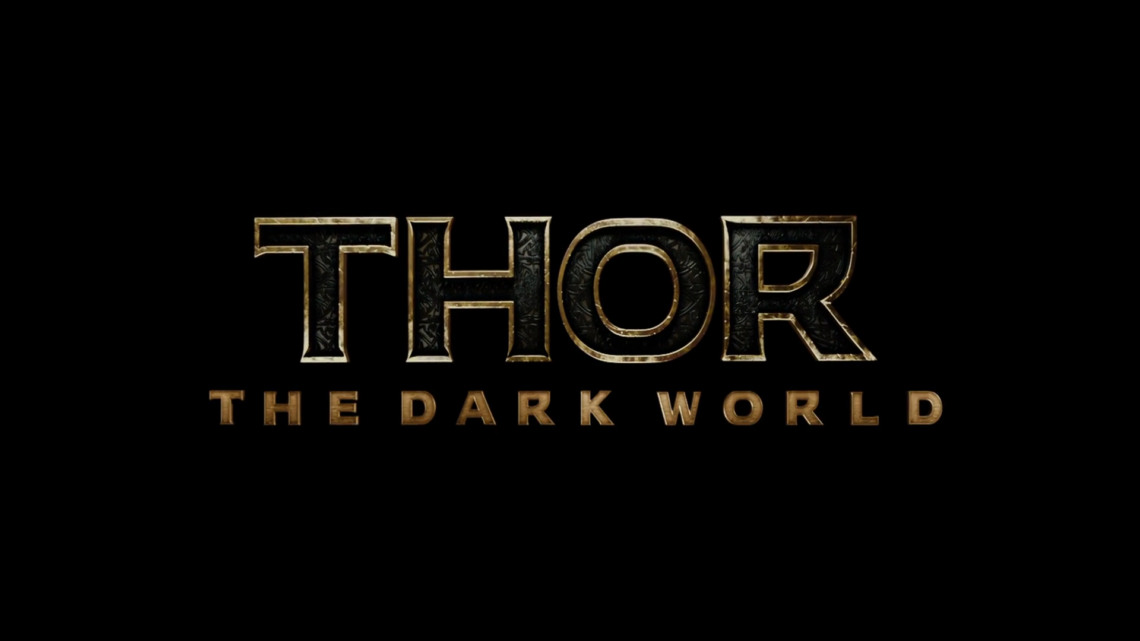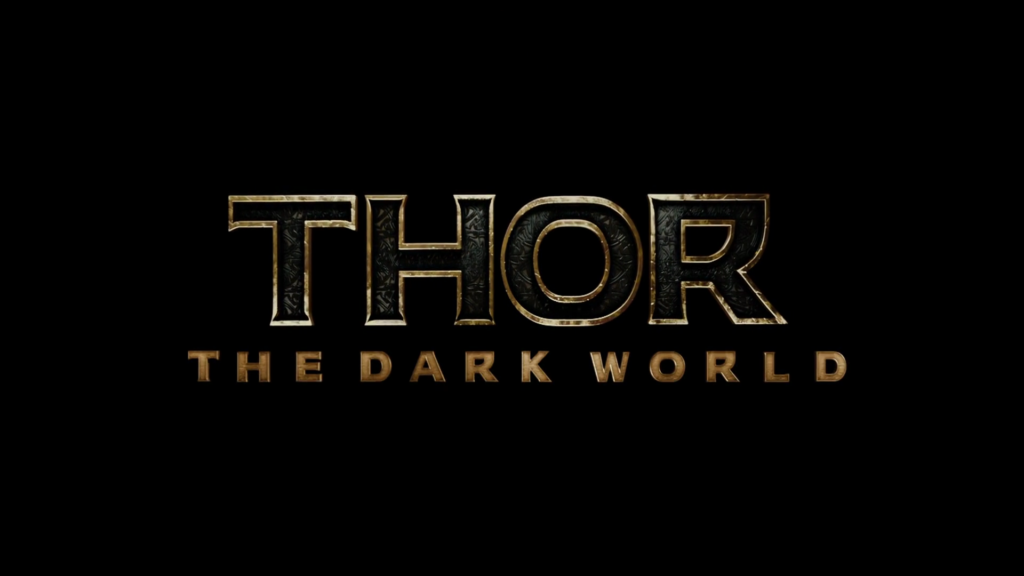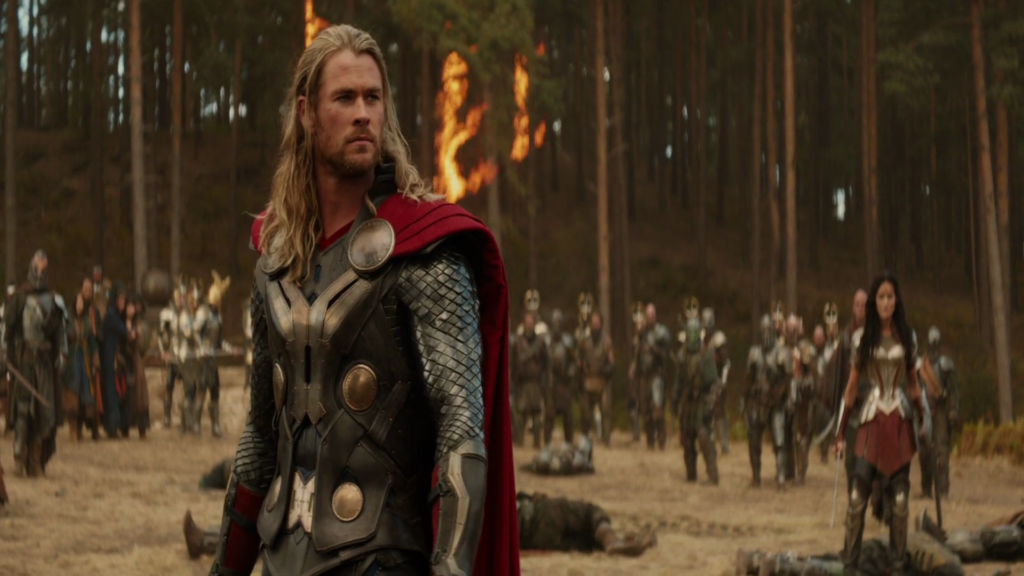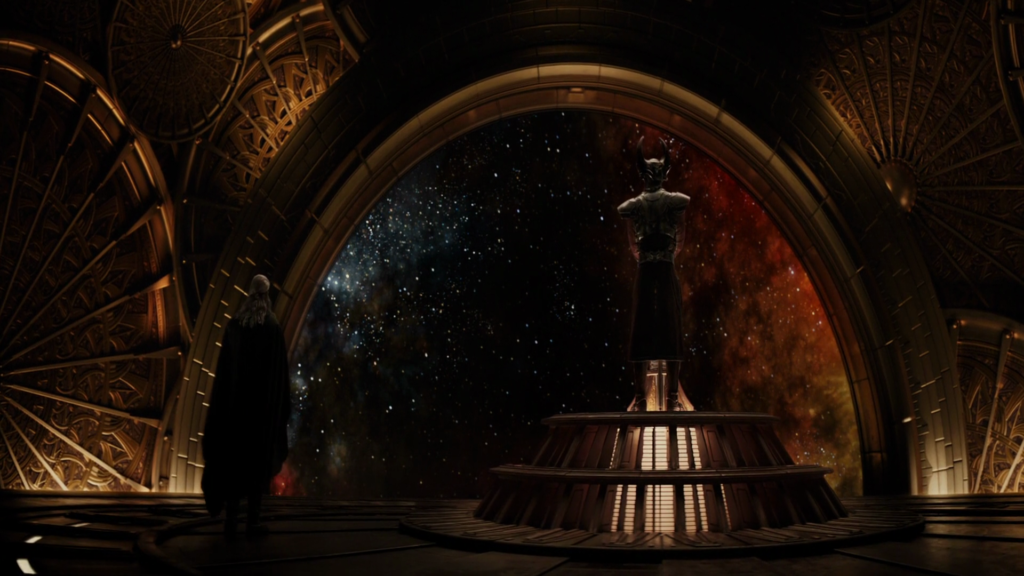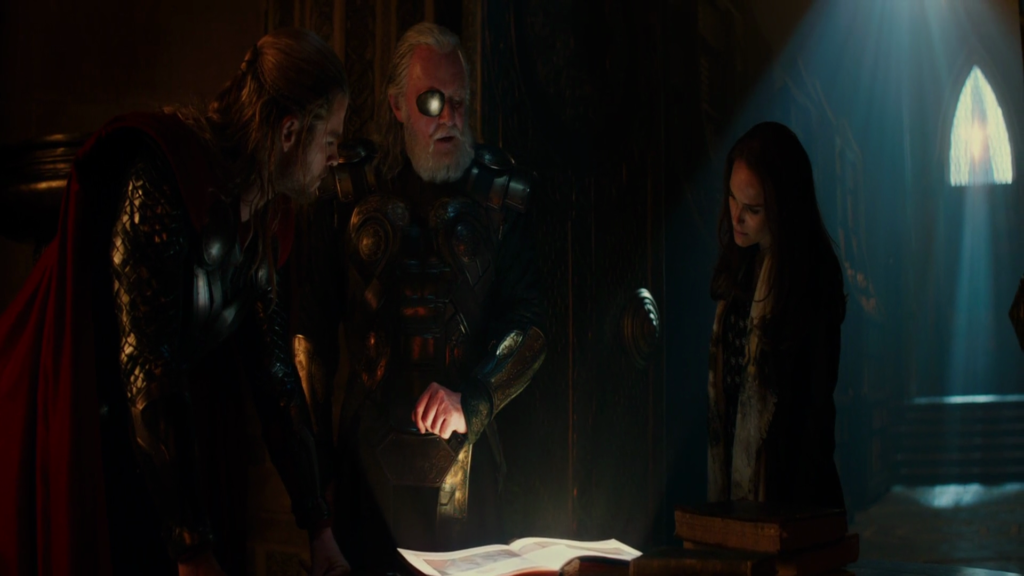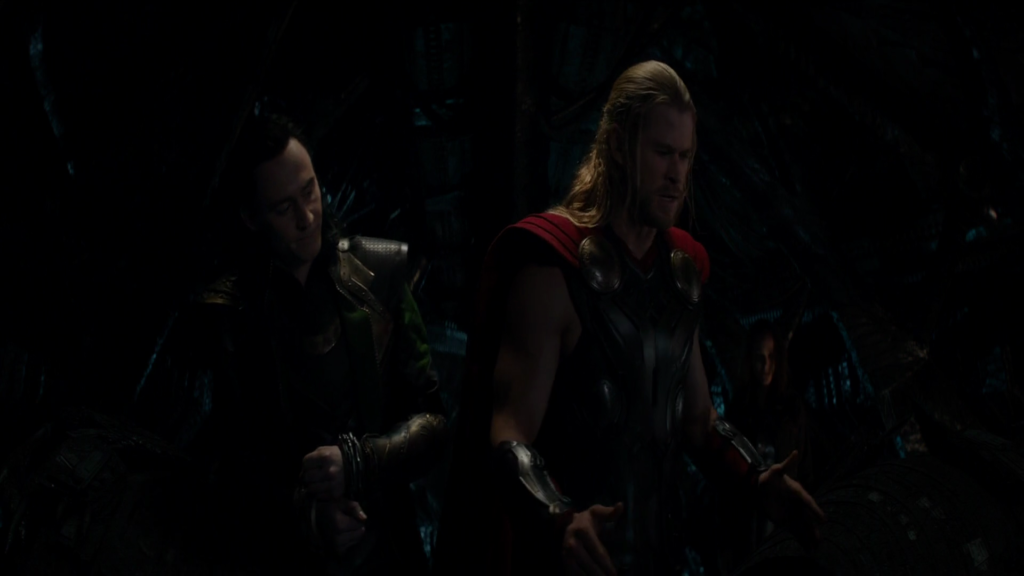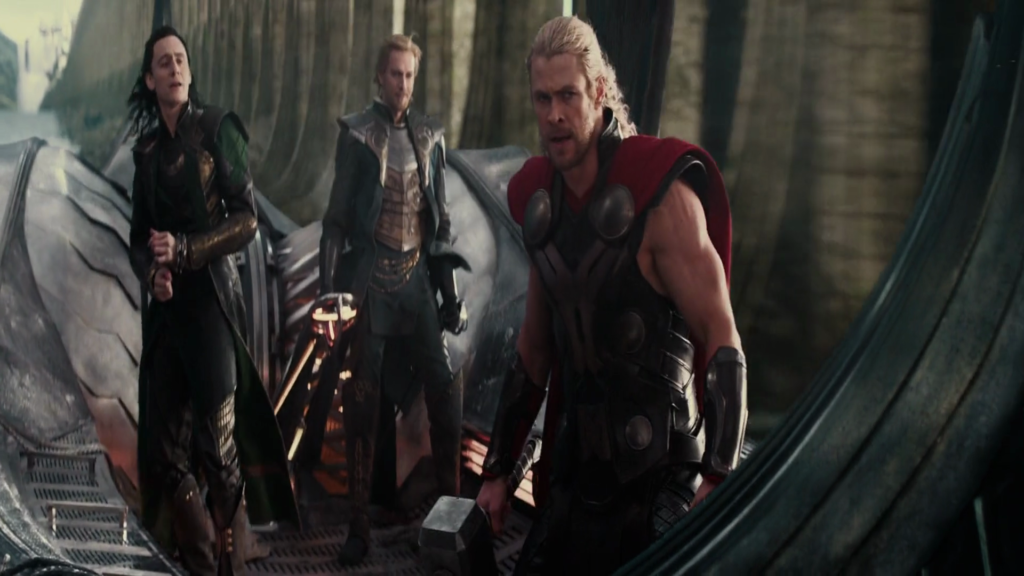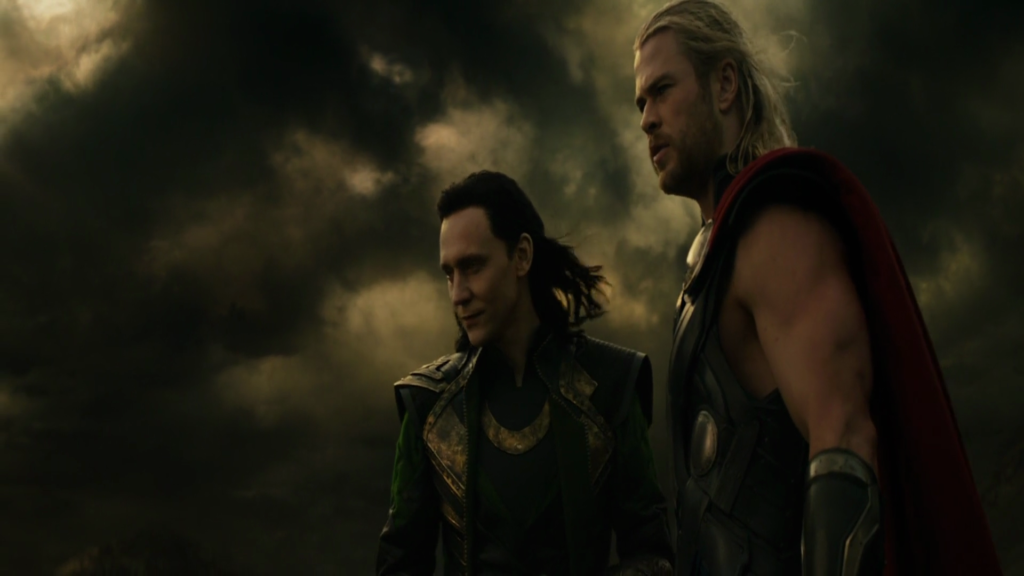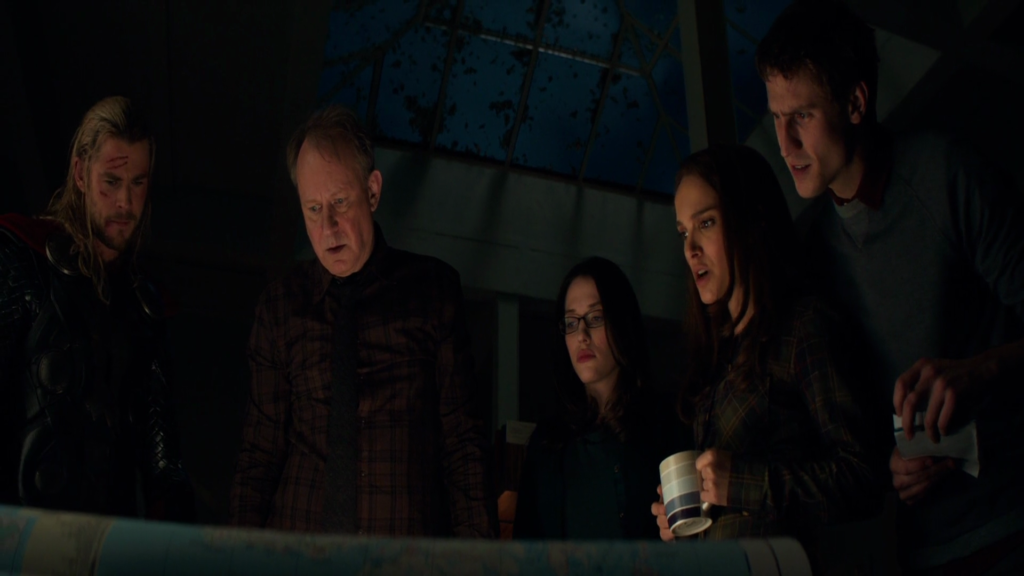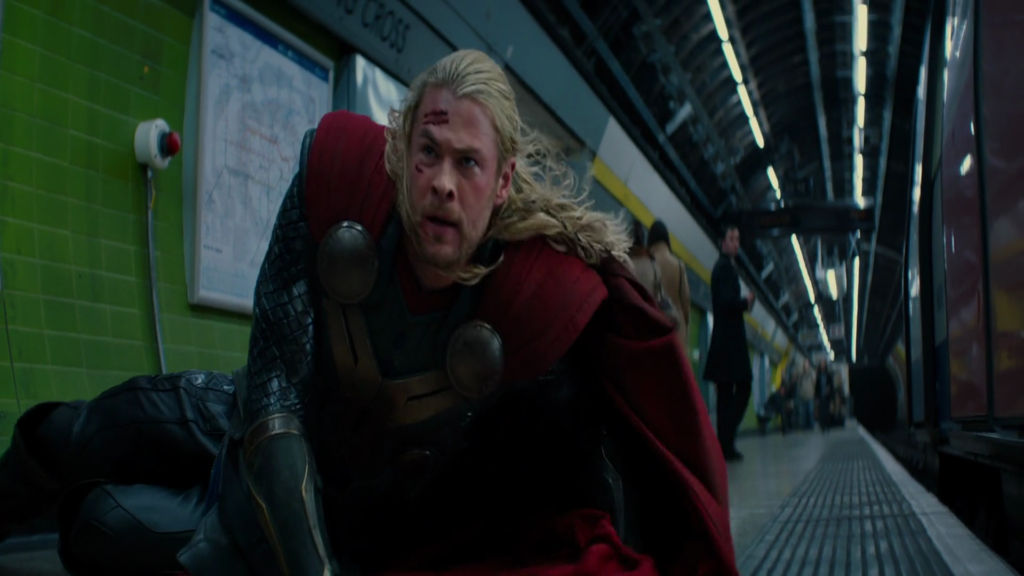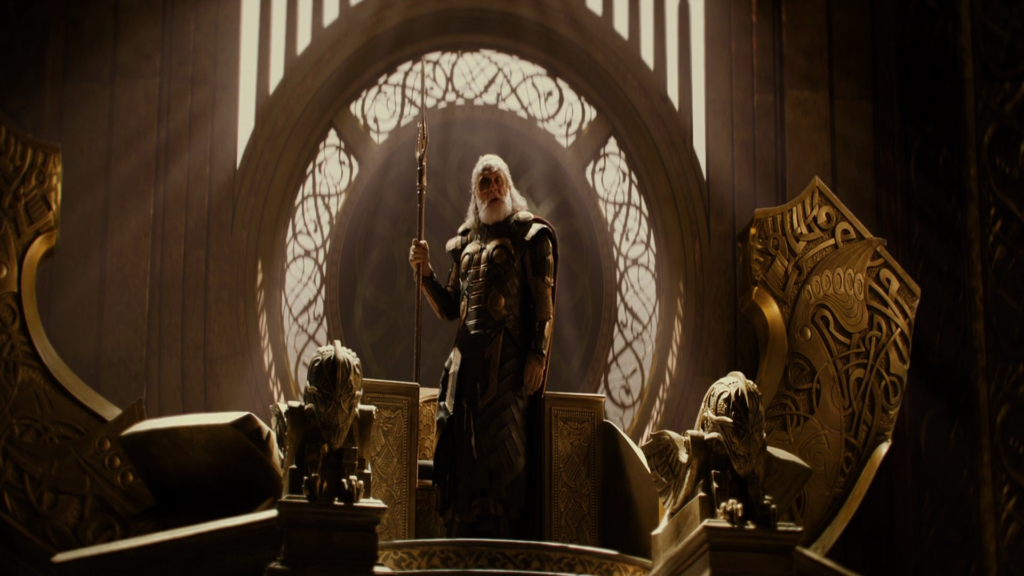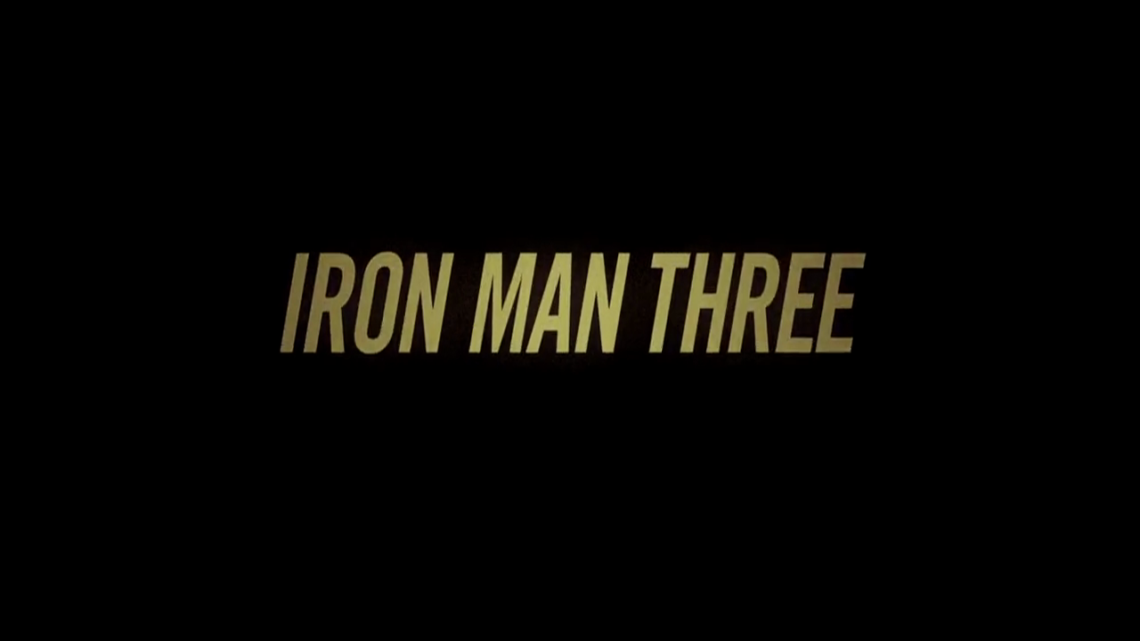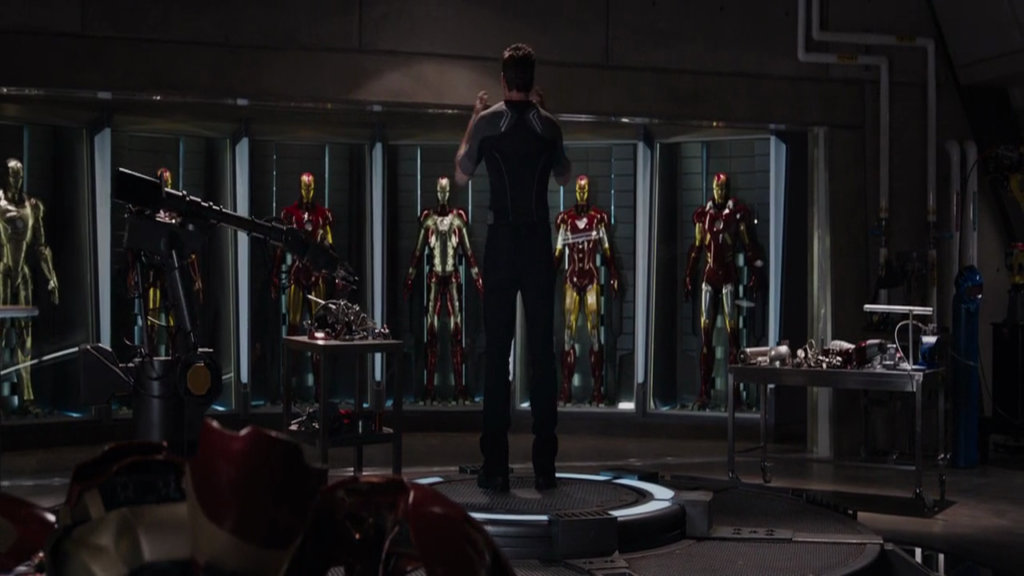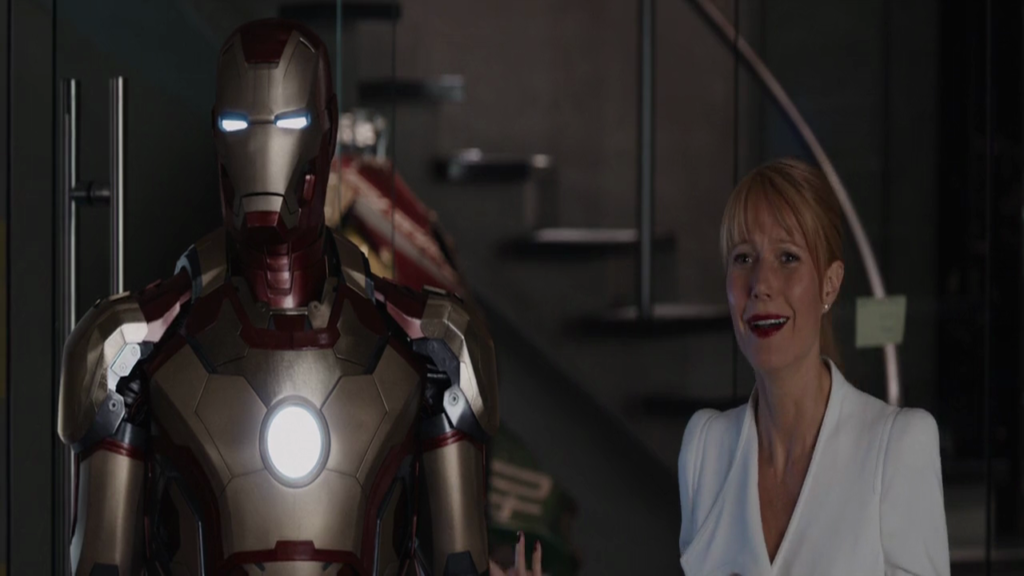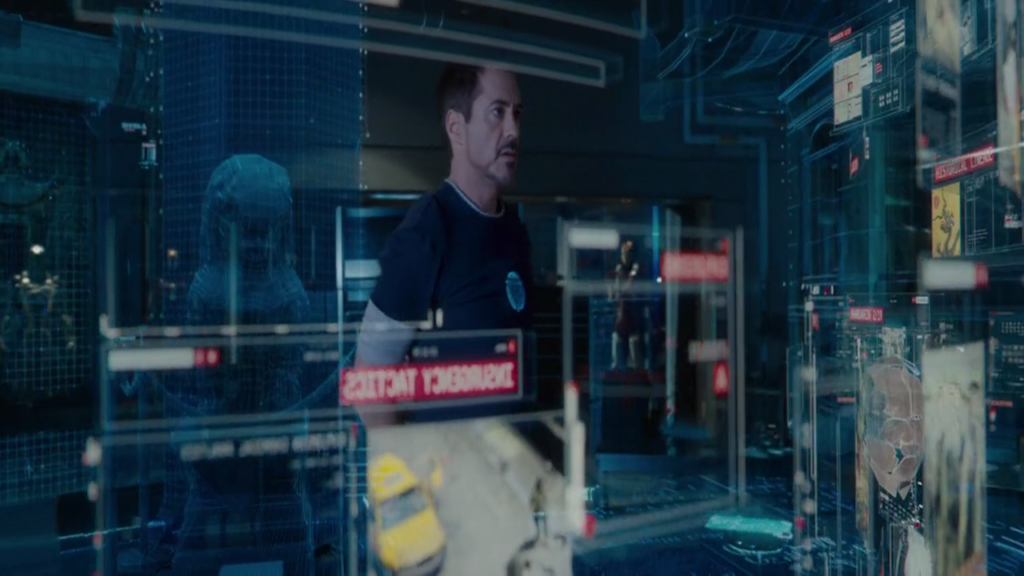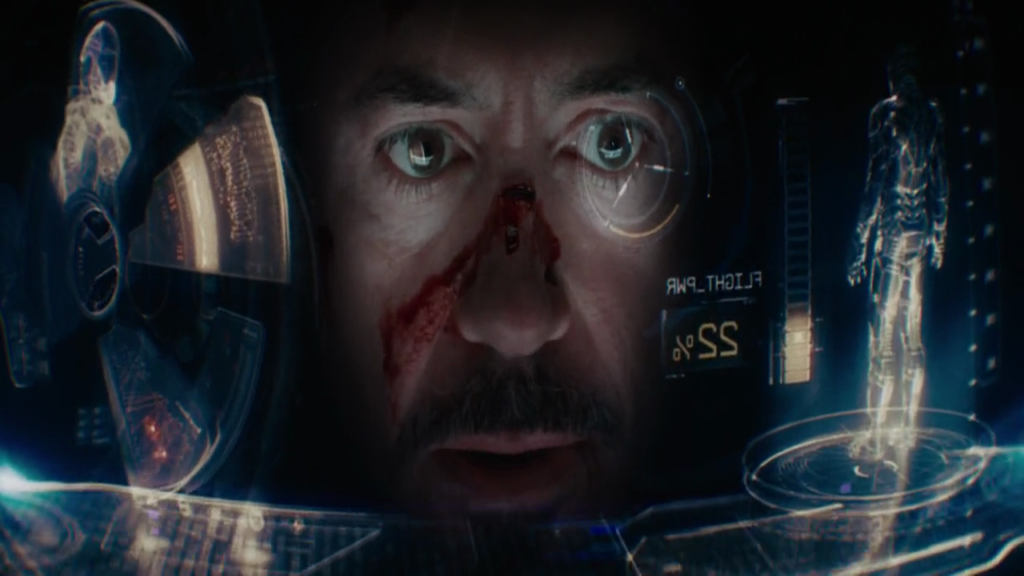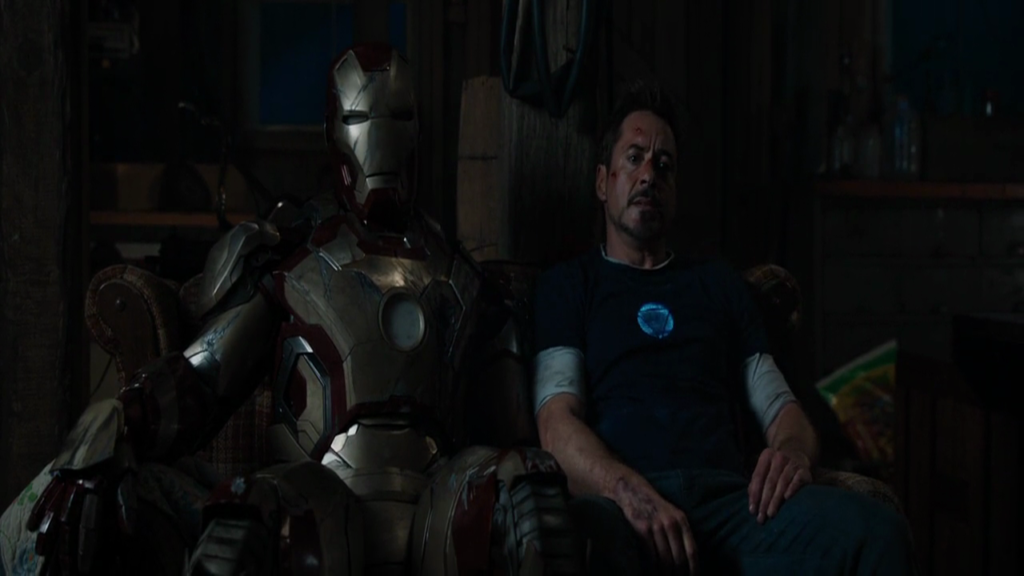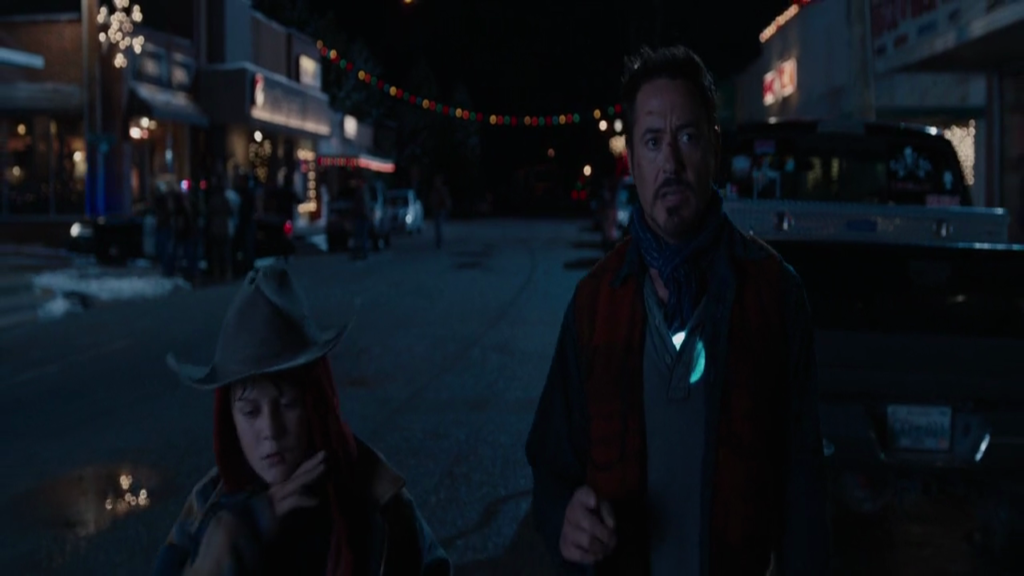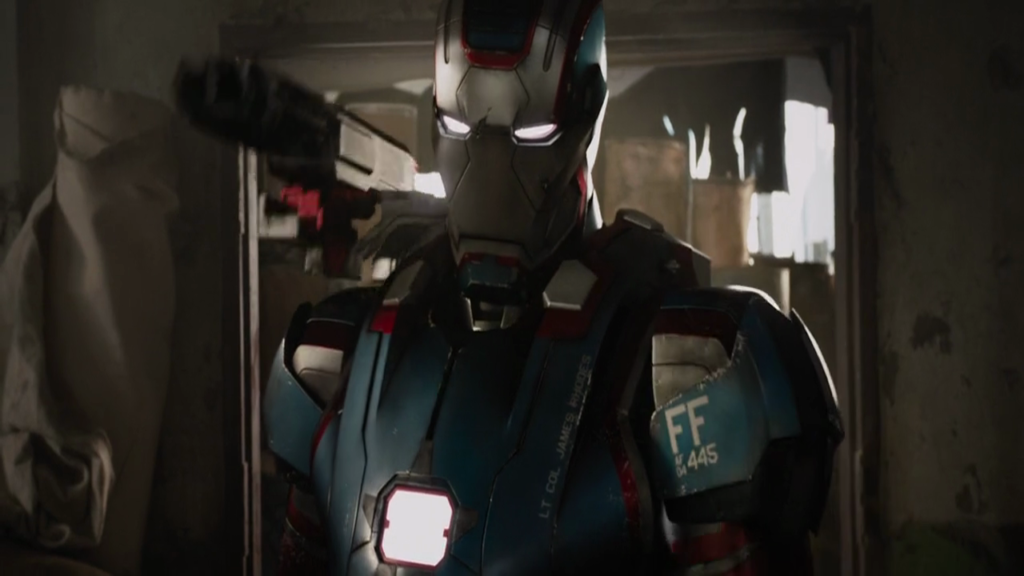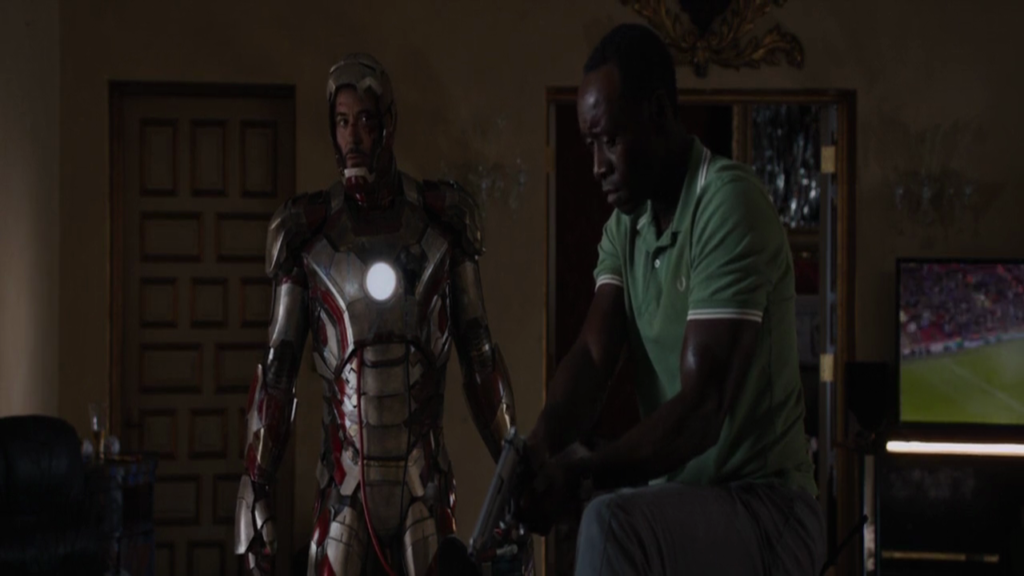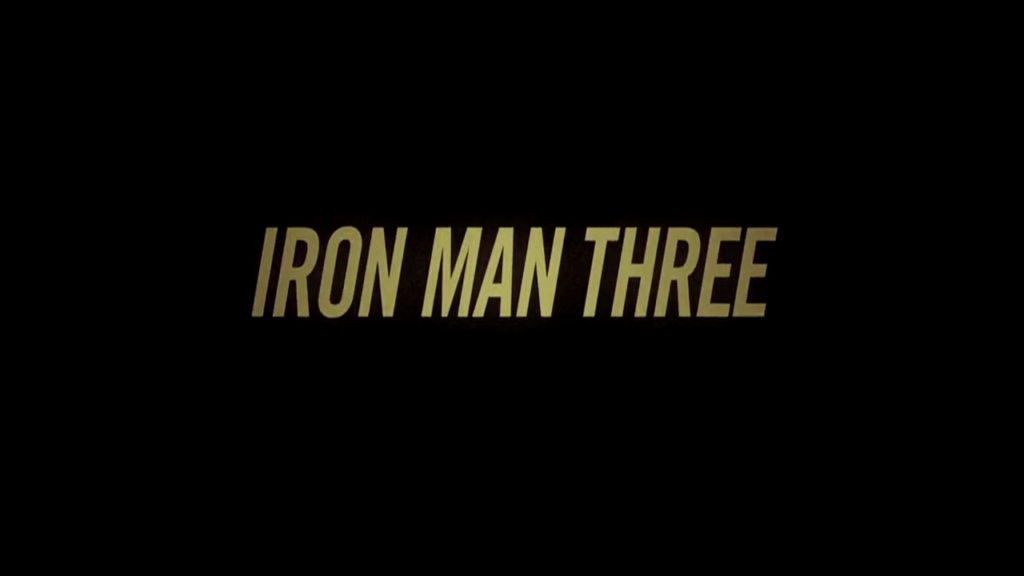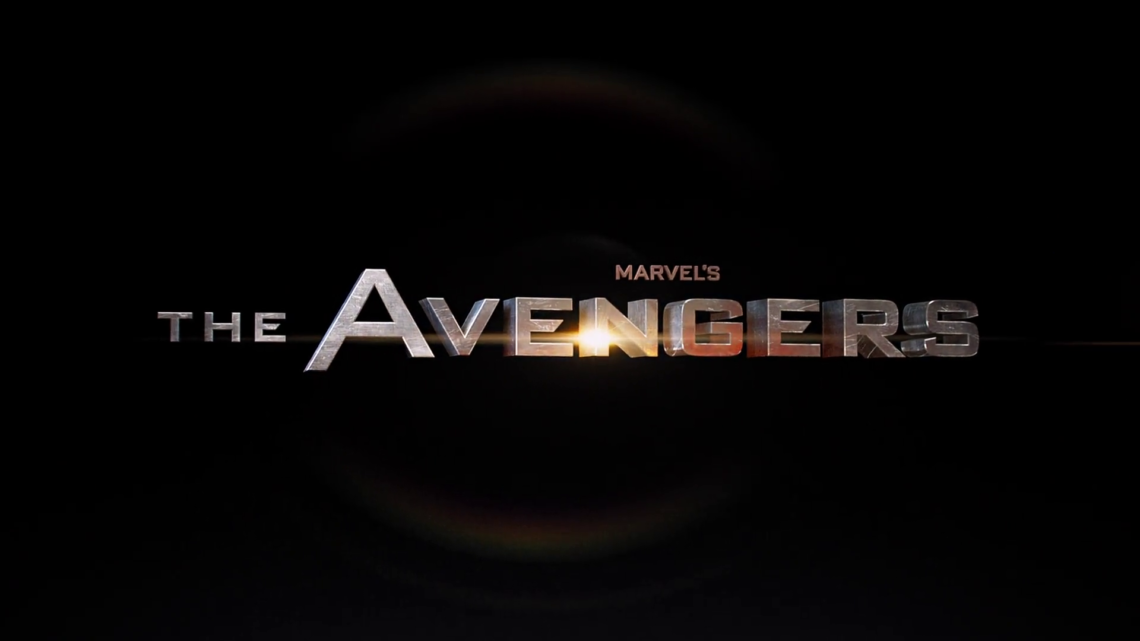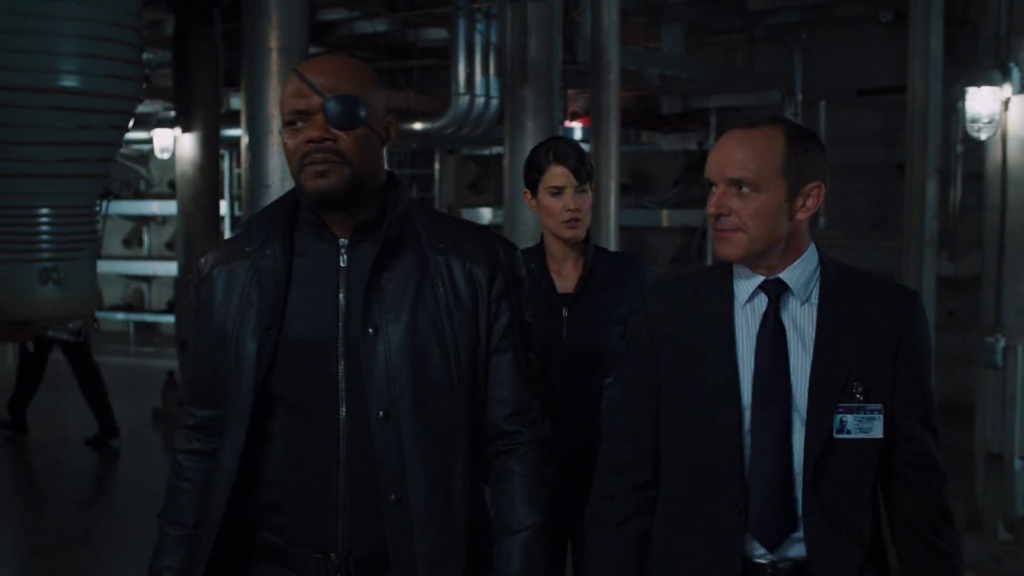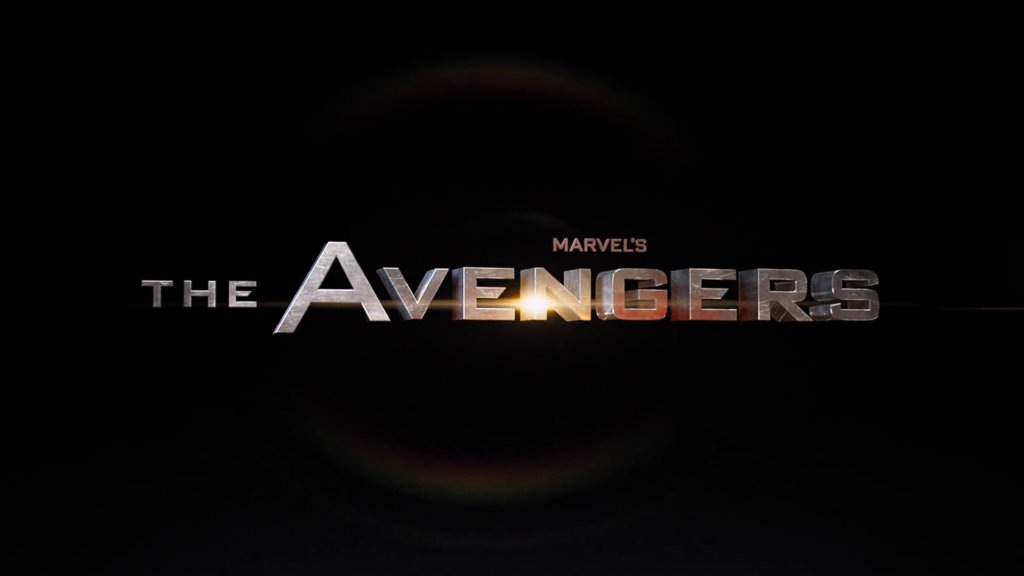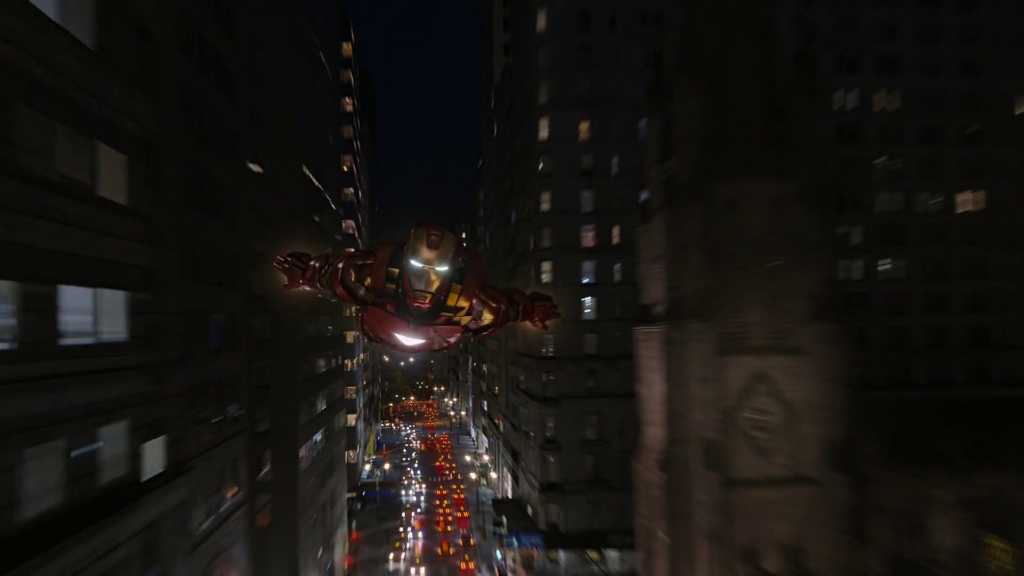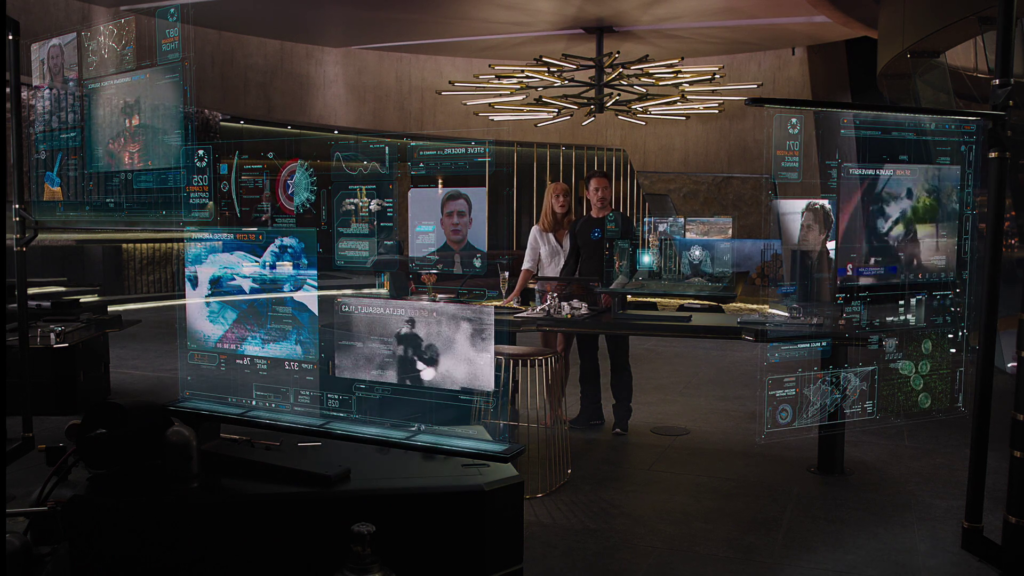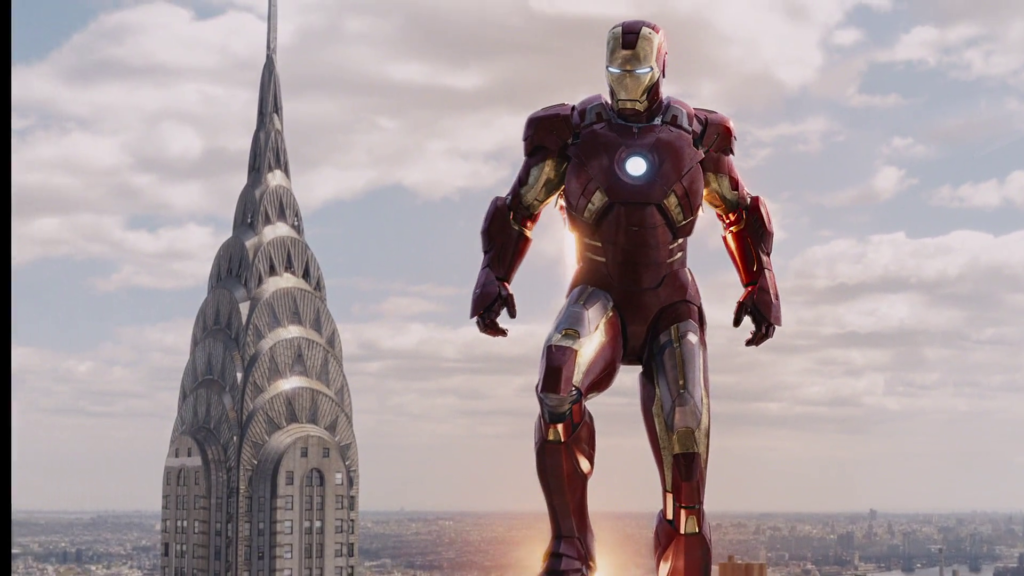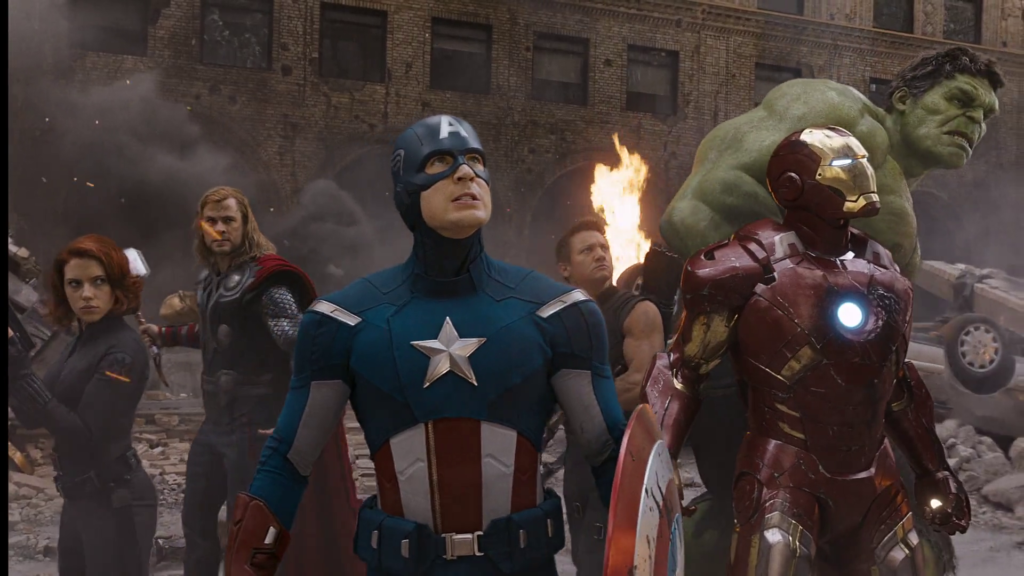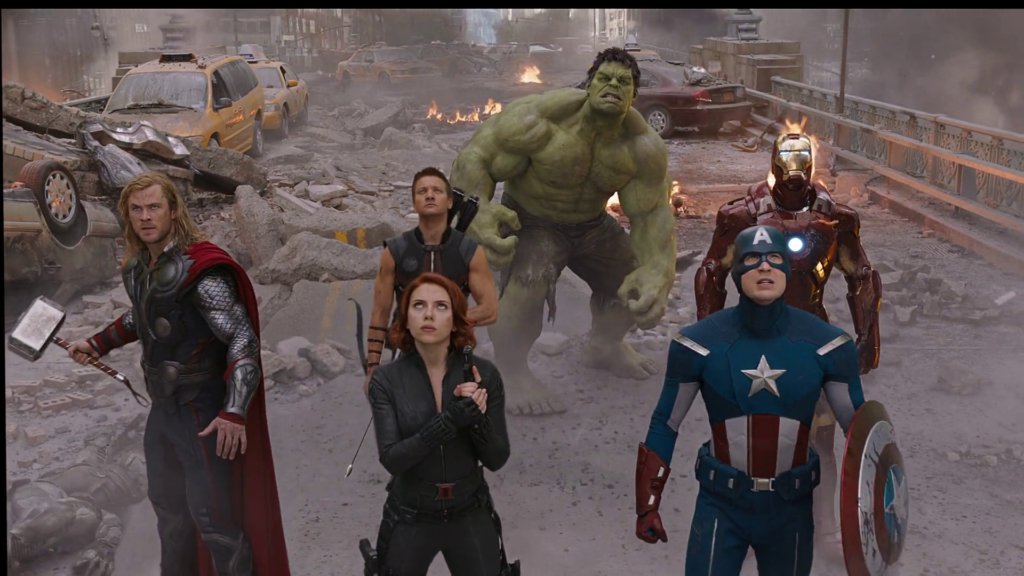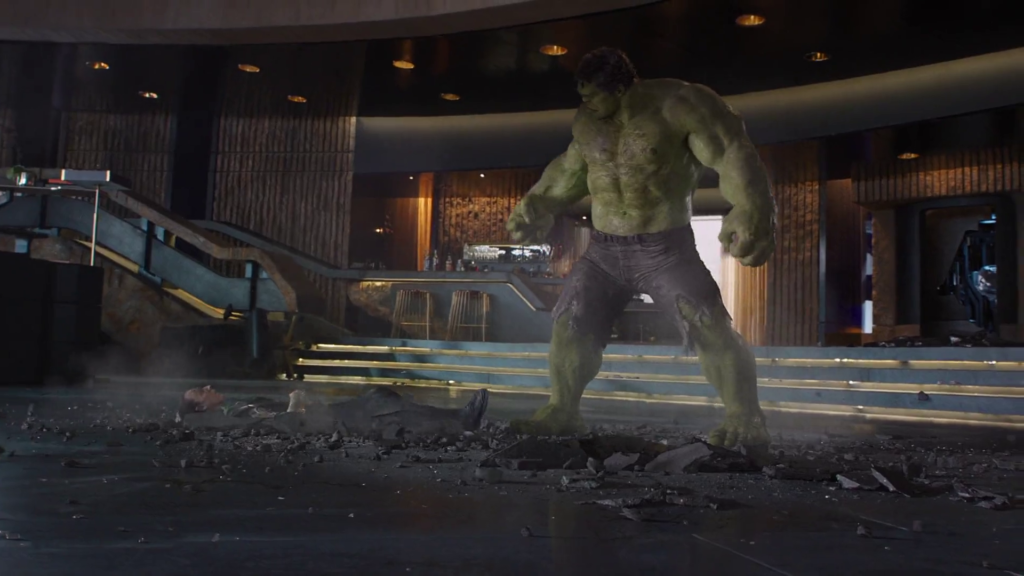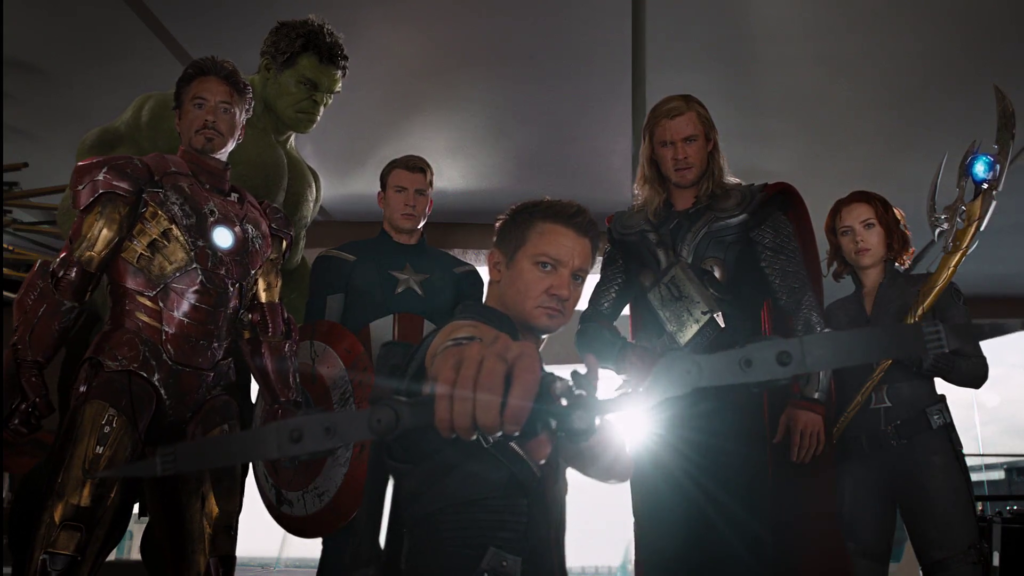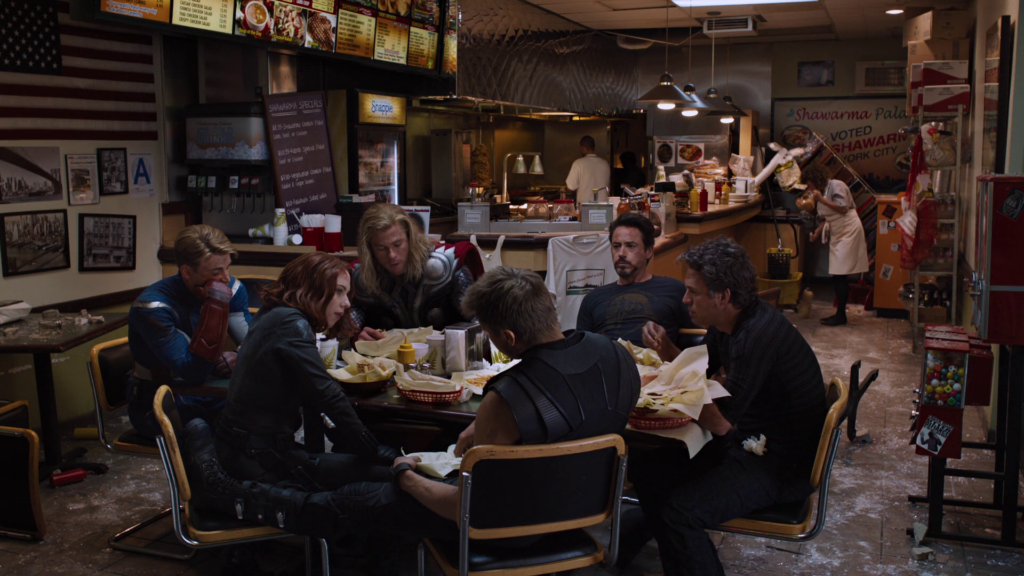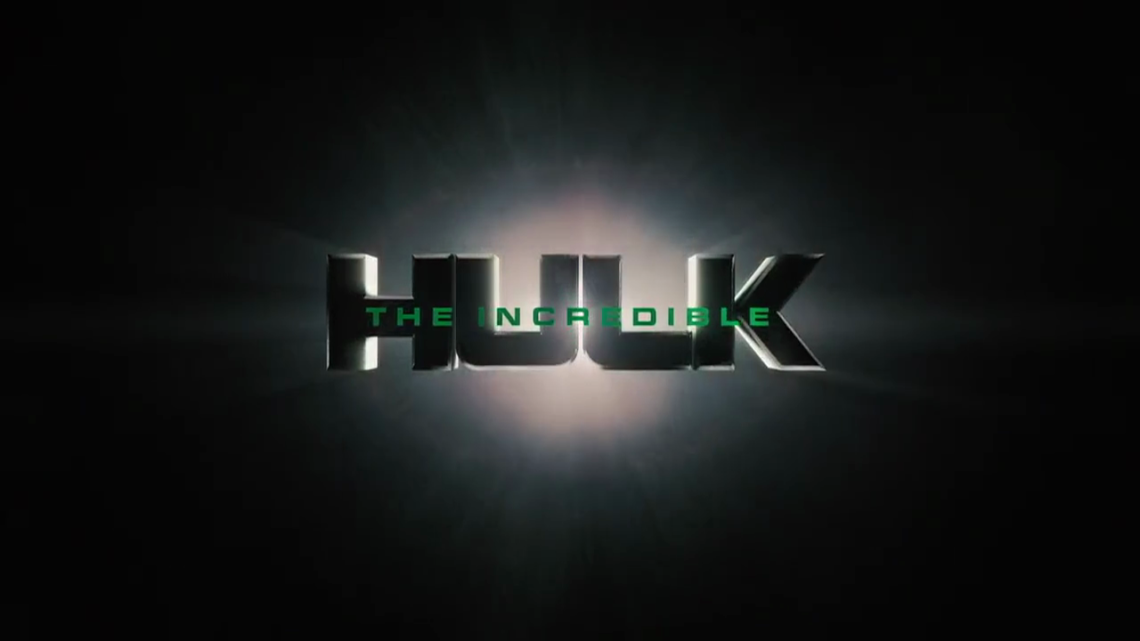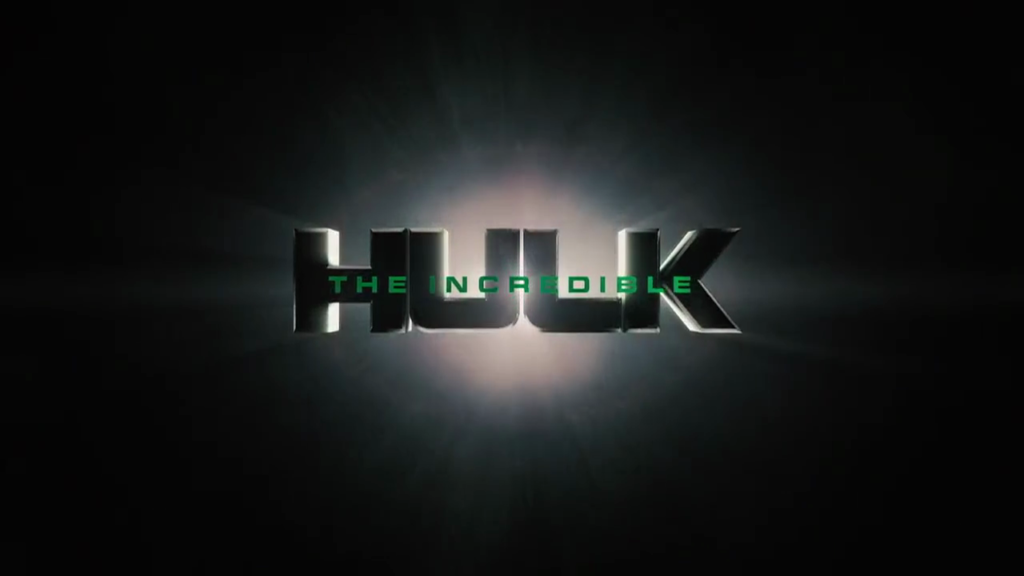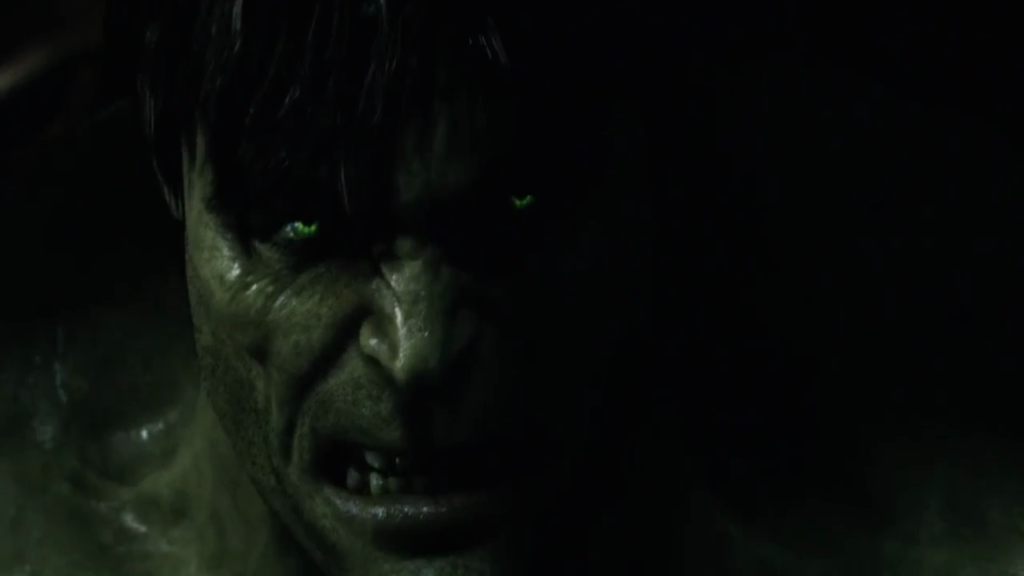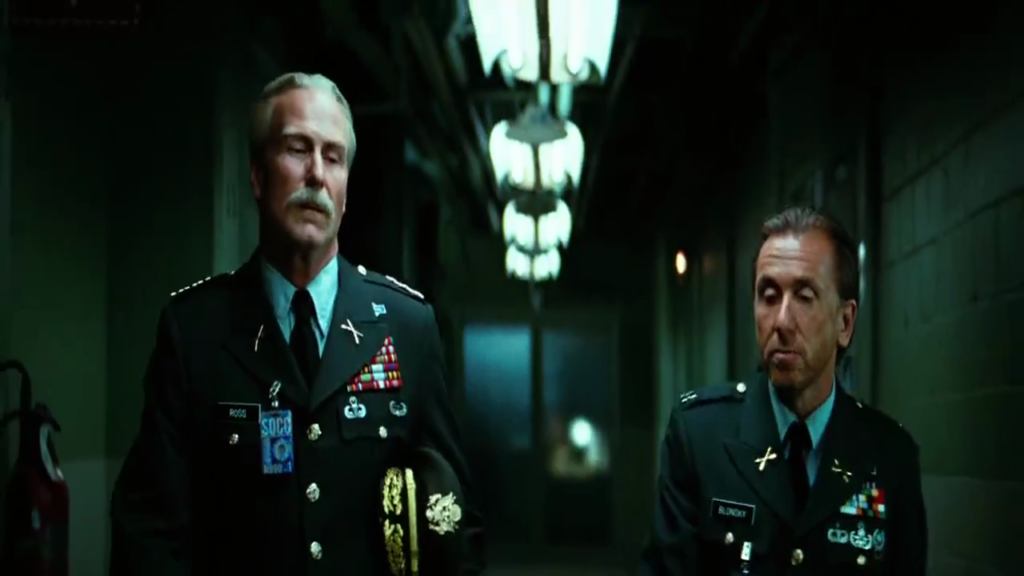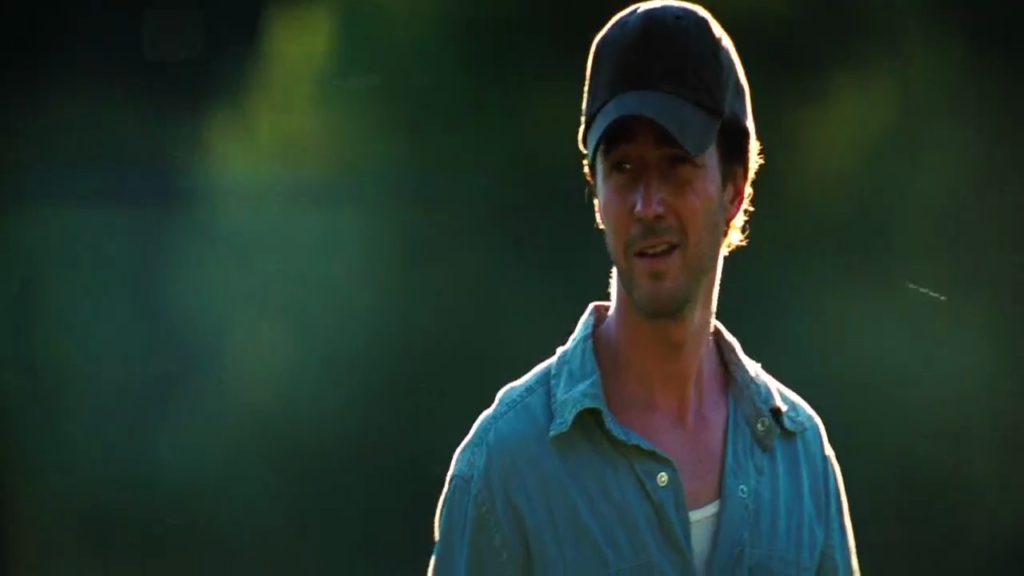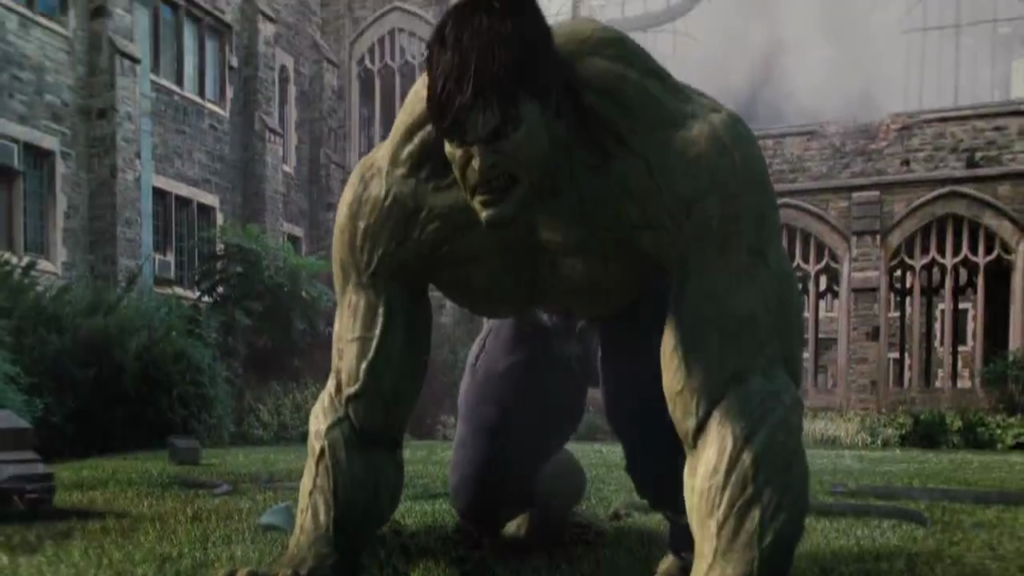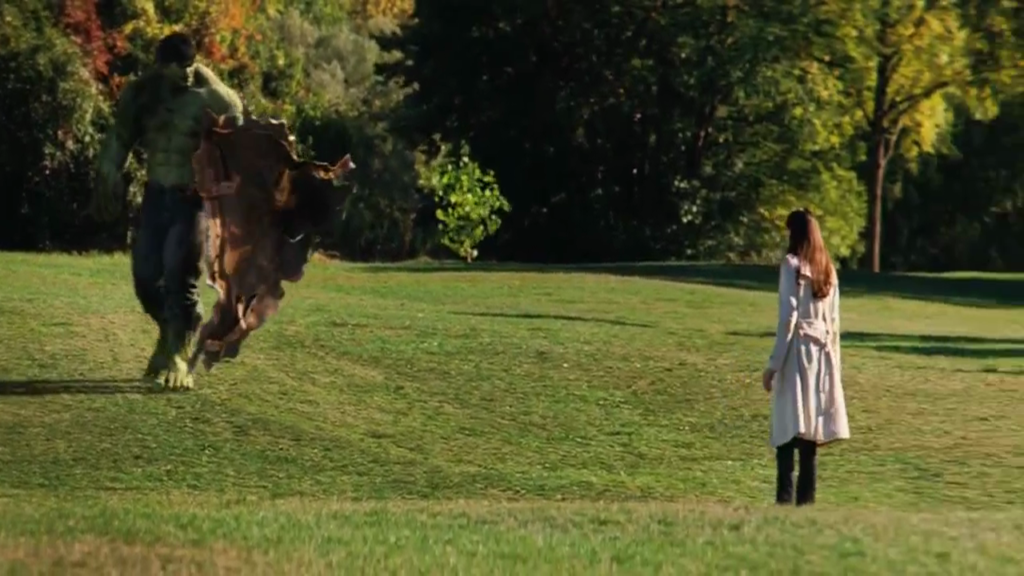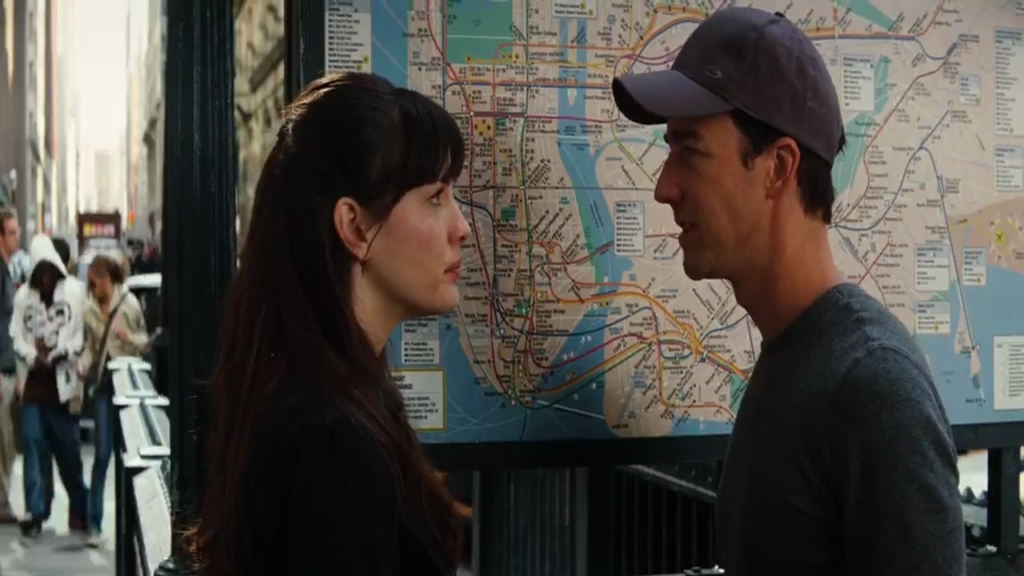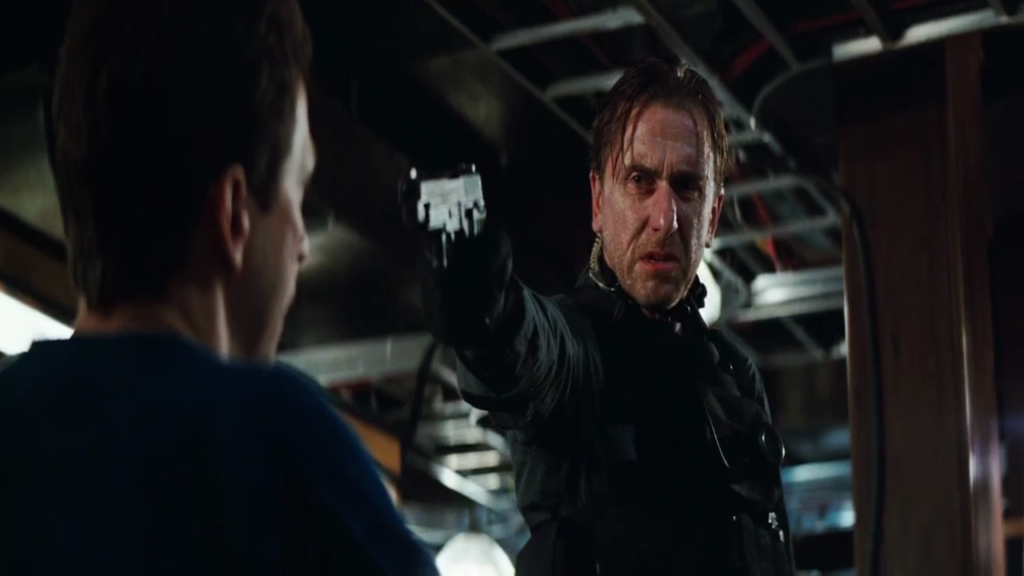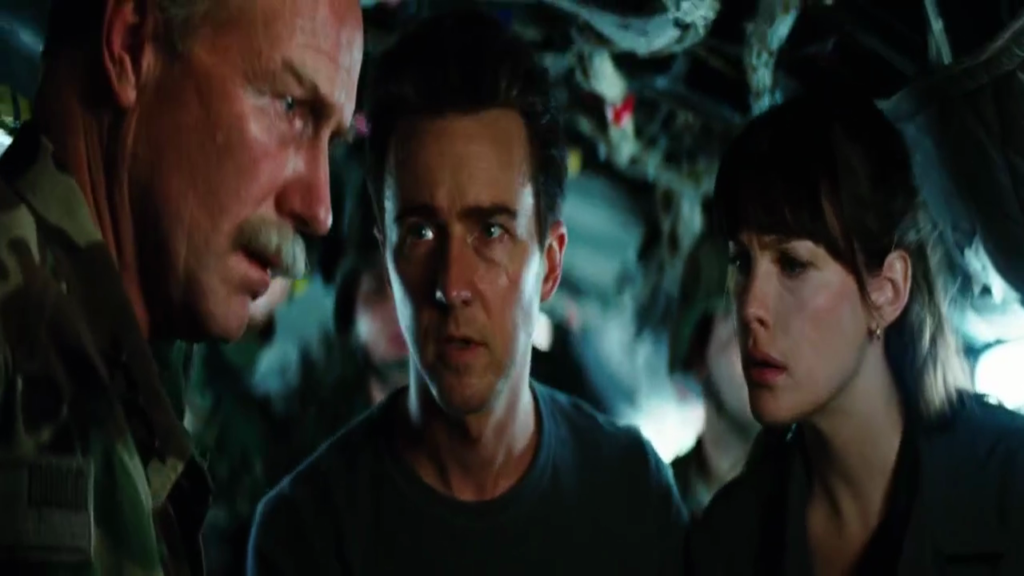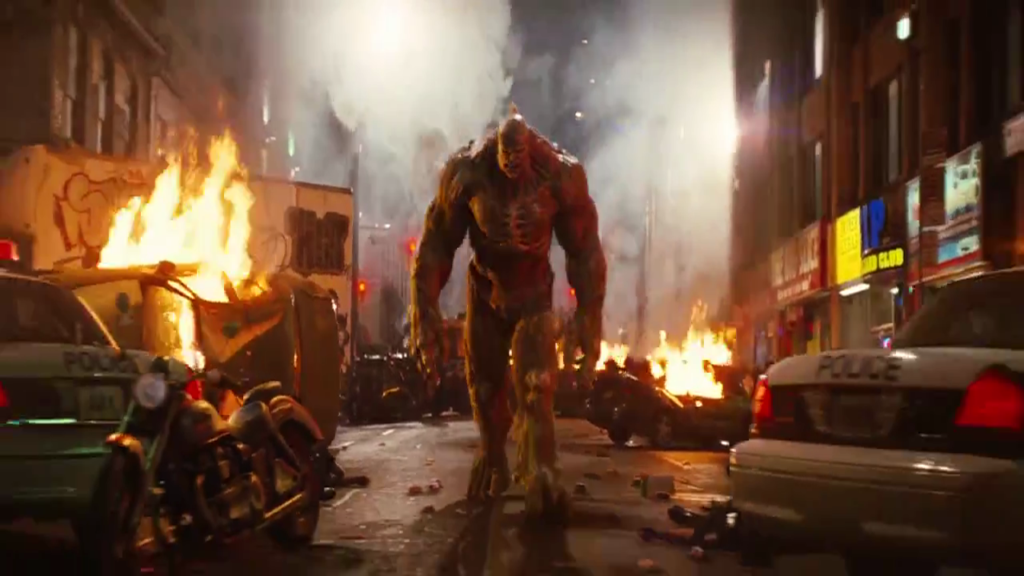-
#378 – Captain America: The Winter Soldier (2013)
Captain America: The Winter Soldier (2013)
Film review #378
Directors: Anthony Russo, Joe Russo
SYNOPSIS: When S.H.I.E.L.D. director Nick Fury is assassinated, Steve Rogers (Captain America) is on the trail of those responsible, but he is told to trust noone. As he investigates, he finds a shocking discovery that goes right to the heart of S.H.I.E.L.D. itself…
THOUGHTS/ANALYSIS: Captain America: The Winter Soldier is a 2013 superhero film that forms part of the Marvel Cinematic Universe (MCU). The film starts off with Captain America in the thick of a mission to rescue hostages from a S.H.I.E.L.D. ship. There’s plenty of fluid action that provides a strong opening for the film that requires no knowledge of the characters, and eases into the story in a fun and exciting way. The plot takes on a number of twists and turns as S.H.I.E.L.D. director Nick Fury is seemingly assassinated and Captain America must investigate S.H.I.E.L.D. itself with the help of Black Widow. The film mixes layers of action, espionage and intrigue as it unravels the conspiracy surrounding S.H.I.E.L.D. It’s a strong story that will keep viewers engaged, as well as exploring the character of Captain America and elements of the Marvel Cinematic Universe. It is a fine balance to give each of these elements the right amount of focus, but the film largely succeeds in doing so. If I were to pick an issue with the story, I would say that there’s a bit of a conflict between the film being self-contained and its part in the larger cinematic universe, insofar as the revelations about S.H.I.E.L.D. should have significant ramifications, but it seems they are more or less curtailed by the end in order to keep the film self-contained with a distinct resolution. Overall though, the story is fairly strong.
Captain America as a character is a soldier, a leader and a hero, and I think all of those aspects to him are given a good amount of development. How he relates to those around him and what his part is in protecting and inspiring them is something he has to constantly work through as the film progresses. The supporting cast of Black Widow and Nick Fury also get ample screen time in order to develop their characters and play a significant role in the story. The “winter soldier” also has ties to Captain America, and with everything else going on, it feels like there could have been more done with his character, but this instead seems to have been postponed in order to be dealt with in a sequel. Villains typically get short-changed in these films, as they are almost entirely self-contained in the film and do not get referenced outside of it. Pearce, the villain here, is a bit more interesting, and has particular relations with a number of characters. He doesn’t have any particular superpowers, so he’s more of a mastermind, with the winter soldier handling the action parts of the villainy. Sam Wilson, a veteran soldier, also has an interesting character arc which gives Captain America a bit of a grounding as he interacts with the soldiers without superpowers who go to war. A lot of characters, but again it’s all handled fairly well.
The style and effects in the film are just about what you would expect from these Marvel films. There are no surprises, but it has a good budget, and keeps things consistent. The fight scenes are well choreographed, and highlight the strengths of the characters. There’s nothing overwhelmingly special about the film, but it has a lot of content that pushes and develops characters in new directions and explores new facets of their characters. Like with most Marvel films it’s not going to re-define the genre, but it shows a marked improvement on earlier sequels in the MCU (Iron Man, Thor) by focusing a little more on interesting character development, varied villains and weaving a stronger story around the heroes.
-
#369 – Thor: The Dark World (2013)
Thor: The Dark World (2013)
Film review #369
Director: Alan Taylor
Thor: The Dark World (2013)
Film review #369
SYNOPSIS: A rare cosmological event is taking place in which the nine worlds will converge, creating disturbances across all of them as the barriers between them weaken. When Malekith, the ruler of the Dark Elves awakens, he sets about attempting to retrieve the Aether, a weapon of mass destruction he can use to return all of the world into darkness. Thor once again must protect Asgard and all other worlds as the Aether is absorbed into Dr. Jane Foster, a scientist and Thor’s love interest as Malekith attempts to retrieve the Aether by any means necessary…
THOUGHTS/ANALYSIS: Thor: The Dark World is a 2013 superhero film and the sequel to 2011′s Thor. It is part of the marvel cinematic universe. The film starts off telling the story of the dark elves and their leader Malekith, who many years ago tried to plunge the nine worlds into eternal darkness using a weapon known as the Aether. They were defeated by the Asgardians and forced into a state of suspended animation. In the present day, Thor is busy bringing peace to the nine worlds while a cosmological alignment of the worlds is beginning to take place, which is creating anomalies among them. Dr. Jane Foster on Earth is investigating some gravity distortions when she enters another dimension and absorbs the Aether into her body. her love interest, Thor, shows up and takes her to Asgard to treat the illness brought about by the Aether and to investigate it’s true purpose. Meanwhile, Malekith and his army have revived and plan an all out attack on Asgard in order to seize the Aether and again attempt to plunge the worlds into darkness. The plot of the film is varied, with a decent amount of action, drama and humour, but the main problem is that it just doesn’t fit together very well: the individual scenes themselves are decent, but the whole “cosmic alignment” and “plunging the world into darkness” elements are tropes that have been done to death, and offer very little surprise or interest to tie everything together. This is furthered by the moving around between Earth and Asgard that constantly shifts the focus of the film, and makes the different scenes have little relevance from one to the next. There is some effort made to give the characters a stake in the story, but again it seems to get diluted in the myriad of things that are going on, and the non-descript villain plot that is fairly standard.
The film’s strongest points are in it’s character interactions, particularly in the relationship between Thor and Loki. Following the events of The Avengers, Loki is imprisoned for life on Asgard for trying to take over Earth, with only his Mother coming to occasionally visit him. When Thor and Loki’s mother is killed By Malekith, The two brothers forge an uneasy alliance in order to get their revenge. Loki’s constant trickery and Thor’s righteousness really work well together, both as drama, and also from a humour perspective, giving them an ample amount of bickering that is fun to watch. Unfortunately, there isn’t enough of it. The whole romance between Dr. Foster and Thor doesn’t really develop from where it starts, and again is overshadowed by the Thor/Loki dynamic. Other characters play their part, but contribute very little, again because the scenes are so disparate they often fail to make an impact on the whole. An example would be the death of Thor/Loki’s mother, which isn’t mentioned at all after the funeral, and just gets forgotten.
For all these shortcomings, there are some positive points. Asgard looks great, and the action is fairly solid with a few surprises. The humour again serves as some light relief from the drama, and there’s a decent mix of all these elements. Unfortunately the plot as a w hole is fairly weak, and manages to make all the events in the film – even if they are about the end of the world – seem pretty inconsequential. Add to that the plot relying on a serious amount of coincidences that make less sense the more you think about them, and it is easy to see why people consider this film the weakest in the Marvel Cinematic Universe. It’s not completely terrible, but at this point in the cinematic series, the viewer is no doubt expecting a more complex contribution with a more expansive story, which Thor: The Dark World does not fully deliver.
-
#348 – Iron Man 3 (2013)
Iron Man 3 (2013)
Film review #348
Director: Shane Black
SYNOPSIS: Tony Stark is suffering from the trauma he experienced during the alien invasion in New York. and is burying himself in his work, much to the dismay of those around him. When Happy, his friend and head of security for Stark Industries, is seriously injured in a bomb attack orchestrated by a terrorist who calls himself “The Mandarin”. Stark calls him out and decides to track him down, but The Mandarin comes to him, destroying his home and work, leaving him on the run and having to find a way to fix his suit and take down The Mandarin before he takes him out…
THOUGHTS/ANALYSIS: Iron Man 3 is a 2013 superhero film part of the marvel cinematic universe. The film takes place after the events of The Avengers, where Tony Stark (or Iron Man) had to travel through a wormhole that opened above New York City to close it and stop an alien invasion. the whole experience has left him suffering with anxiety about what happened, and is avoiding confronting it by not sleeping and burying himself in his work, much to the dismay of his now girlfriend Pepper Potts. Meanwhile, Pepper herself is busy running Stark Industries when she is approached by Aldrich Killian, who wants to work with Stark Industries to develop his “extremis” virus, which enhances the human body’s capabilities in every way. Potts turns him down over fears the technology could be weaponised, but Happy Hogan, the chief of security, finds him and his bodyguard suspicious. He follows the bodyguard to a meeting where he exchanges a briefcase with someone, only to find that the guy is a suicide bomber, who detonates and leaves Happy serious injured in hospital. A terrorist known as the Mandarin claims responsibility for the attack, as well as several others that have taken place recently, and Stark takes notice, calling him out and warning him that he is going to stop him. Stark’s hubris results in the Mandarin destroying his home and Stark to go into hiding, with only his own wits to re-build his suit and stop mandarin.
After the large scale, superhero adventure of The Avengers, it would be very difficult to top that with another Iron Man film without any of the other characters. Iron Man 3 pulls this off by making the plot a more down-to-earth story free of aliens or other over-the-top sci-fi elements, so it doesn’t need to compete with its predecessor. Stark’s anxiety over the events of The Avengers means that any discussion of those events or continuation of that story are actively avoided, as Stark cannot deal with the memories. This could have been just a cheap plot device to overlook previous events, but it is weaved into the story well, and provides a new and significant obstacle for Stark to overcome. We don’t really get to see just what it is that Stark is haunted by in detail, but the whole concept of anxiety is that it does not have to be directed at a specific object or event. There’s not really much of a resolution to this element of the story, and it doesn’t feel like he really overcomes it, more that it just disappears and becomes a non-issue. Still, it’s not too much of a problem.
The rest of the characters also put in a good performance, with returning characters building on their established roles and having a bigger role in Stark’s life, showing him that he doesn’t have to do things alone. Pepper Potts is a strong character who switches roles with Stark throughout, especially in terms of which one of them needs saving: sometimes it’s Stark that needs saving from himself, other times it’s Potts that needs rescuing, and it all balances out so that neither of them fall into a well-worn character trope. Colonel Rhodes also returns as the Iron Patriot, and holds Tony’s feet to the fire in terms of his responsibilities. The new characters however, do not enjoy that same development. Maya Hansen, the scientist who helped develop extremis, has an uneven role that is set up strongly in the beginning, and who fades into obscurity mid-way through. Although she comes to Stark for help in stopping Aldrich Killian, it turns out she is still working for him, and gets Pepper kidnapped. When Stark is also kidnapped, it only takes around two sentences from him in order for her to change her mind and try to free him, for which Killian kills her. Apparently their was some re-writing done for the film which gave a lot of her role to Killian, and it definitely shows, as her role becomes pretty much redundant. The extremis soldier Brandt also apparently had much of her role given to another character, both of these decisions due to executives fearing that having female characters in such prominent roles would impact action figure or merchandising sales. This is a serious detriment to the film, as characters are built up and dropped without seemingly good reason, further diminishing their characters. The one new character which provides a worthwhile contribution is surprisingly the kid who finds Stark when he crashes after his house is destroyed. His character is pretty bland and full of typical tropes such as being bullied and an outcast, but thankfully his part isn’t overplayed, and is on screen just long enough to serve it’s purpose. Not an overly interesting character, but not an overly annoying one either.
The story has a few twists and turns that keep things interesting, although some of them don’t really have too much consequence, such as Hansen’s betrayal. The film is paced very well, and there’s a mixture of humour, drama and action that keeps things fresh and entertaining. The climax of the film involving all of Stark’s suits being A.I. piloted and having him jump in and out of them is a typical, flashy comic book sequence that doesn’t disappoint, and is in keeping with Stark’s over-the-top character. The main villain isn’t all that special, but that’s a long standing issue with these films. Overall, Iron Man 3 is an entertaining film that manages to lift the weight and story of its predecessors to make a stripped down hero vs villain story without losing the elements that make the character so loved. It firmly places itself within an established universe while also keeping it self-contained. The balance between action, drama and humour is well paced so there’s no real lull in the storytelling, and it still manages to impress with busy and flashy spectacles that also develop its well-established characters. There’s a number of issues around some of the character’s roles being muddled and ultimately redundant, with some being given intense focus in the beginning only to disappear without significance later on. These problems don’t spoil the film too much though, and I would say it surpasses Iron Man 2 with ease.
-
#337 – Marvel’s The Avengers (2012)
The Avengers (2012)
Film review #337
dir. Joss Whedon
SYNOPSIS: While S.H.I.E.L.D. is performing experiments on an object known as the tesseract, a potential source of unlimited energy, it is stolen by Loki, a demi-god who wishes to use it’s power to subjugate the human race. Nick Fury, the director of S.H.I.E.L.D., assembles a team of heroes to counter this new threat to Earth, but first they must learn to work together before they can take on Loki…
THOUGHTS/ANALYSIS: The Avengers (or Marvel’s The Avengers or Marvel Avengers Assemble) is a 2012 superhero film that is the culmination of the first series of films establishing the marvel cinematic universe. The previous films mostly dealt with the origins of the characters, while also providing hints about how they will fit into the wider universe. This film has the aim of bringing all these different superheroes together, with their own unique presence, powers, and personalities, and devising a way for them to work together as a team. It is certainly an ambitious project to cross-over all these different worlds and stories, requires a balance to get right with regards to using each character effectively.
The film starts off showing the S.H.I.E.L.D. agency conducting experiments on an object called “the tesseract”, which played a part in the Captain America film and briefly shown in the Thor film. They are trying to harness its power to produce a limitless source of energy. It suddenly springs to life and opens up a portal through which Loki, the antagonist from Thor, emerges. He takes control of the minds of a number of personnel, and escapes the facility with the tesseract. Nick Fury, the director of S.H.I.E.L.D., recognises the severity of the situation, and calls upon the various heroes to track down Loki and the tesseract. The film introduces each of the characters individually, so they are each explored on their own terms and their personal motivations are established firmly. The story structure is fairly standard, with a clear three-act structure that flows as you would expect, but there’s plenty of humour, action and story packed into them that the film nevertheless gives you everything you need. With a runtime of nearly two and a half hours, it’s a long one, but every scene is worthwhile in some way, and it could have probably got away with being even longer because there is so much potential with these characters and setting.
The characters have already been established through the previous films, primarily dealing with their origins and motivations that make them heroes. Even if you haven’t seen all of them, you get a pretty good idea of who they are and what drives the. Captain America comes across a heroic soldier who comes up with a strategy for battle, Iron Man/Stark is the guy with the resources who deflects criticism with his humour. Banner/The Hulk is the smarts who is also an unpredictable element, and Thor is a demi-God out to stop his Brother. Black Widow/Romanoff and Hawkeye/Barton did not have their own films, but appeared in the others so they are somewhat established, but Romanoff especially gets a lot to do in the film to firmly develop her role in the group. Each of the heroes is a big personality, so initially have a hard time finding their feet working together in a group, and it’s fun watching everything come together. The death of agent Coulson, who played a big part in bringing everyone together, is an emotional scene that gives everyone motivation to work with each other, and gives the team a unifying purpose. I think the only character that could have done with more development is Loki, whose motivations are a bit muddled, and his role in a larger scheme is left very ambiguous. In one sense, it works because Loki has a specific goal (to rule Earth) and is a simple one so that the heroes can do what they do best and stop him without too many complications. Loki being used by a bigger evil is also obviously meant to set up future films, but I felt like it could have done with being a bit more clearer. But again theres a flip side, as developing this background more may have distracted from Loki being a focal point and a credible villain, so there’s a fine balancing act that is being struck here. As a standout performance, I enjoyed the portrayal of Bruce Banner/The Hulk as a skittish scientist who everyone also has to be really careful around so he doesn’t transform and pulverise them.
Even though the story is quite simple, the film as a whole is certainly not lacking in ambition and scope. The final battle covers a significant portion of Manhattan, with a full-scale alien invasion tearing through skyscrapers and the streets of New York City. Superheroes in NYC again is hardly a novel phenomenon (which the film itself pokes fun at with a Stan Lee cameo), but perhaps that’s very much intentional: The Avengers is not attempting to differentiate itself from other superhero films by trying something new and different, but by outdoing every other film in the genre on its home turf; taking all these established tropes and concepts and executing them in such a way that no other film could compete. In short, it becomes the definitive superhero film. The level of destruction is unparalleled, the production makes it feel like a comic book film full of colour and dynamic shots and poses, and there’s some gloriously over-the-tops moments while also retaining plenty of humanity. The film does have some faults as I mentioned, and doesn’t push the envelope in terms of finding a new angle to develop or evolve the genre, but it is an ambitious project that pays off through balancing a colourful cast of characters with large-scale action and an interweaving of stories to create an entertaining tapestry that solidifies itself as the apex of the genre.
-
#336 – The Incredible Hulk (2008)
The Incredible Hulk (2008)
Film review #336
dir. Louis Leterrier
SYNOPSIS: Bruce Banner is a scientist in hiding after an experiment with gamma radiation causes him to transform into a monster when he gets angry. However, General T. Ross wants to capture Banner and use his experiment to create a new breed of supersoldier. Ross starts to close in on Banner, who is rushing to find a cure for himself before he is captured…
THOUGHTS/ANALYSIS: The Incredible Hulk is a 2008 superhero film, and the second film is the Marvel Cinematic Universe after Iron Man. Surprisingly enough, the film does not start off by focusing on an origin story, instead showing this in a selection of newspaper clippings throughout the title sequence and small flashback sequences spliced throughout the film. Thinking about it, this isn’t quite such a surprising decision to make: firstly, The Hulk is a well-known superhero, and his back story of how he transforms when he gets angry is well known, and so doesn’t need to be established so firmly before he is introduced. This is in contrast to other Marvel characters such as Iron Man or Captain America, whose stories are less well-known to a general audience, and so requires establishing their origins a bit more. Secondly, there was another (unconnected) Hulk film released five years before this one which did go through the origin story, so it would still be relatively fresh in viewer’s minds, and doing it all again would not provide much new content.
The story as a whole flows quite nicely. As mentioned, the origin story is spliced throughout the film and provides enough detail for those who won’t be too familiar with the character. As you might expect, the film focuses a lot on Banner’s conflict with himself in trying to contain the hulk and control his emotions, and this is explored through his relationship to other characters in the film such as Betty Ross and her Father. It certainly has plenty of emotion behind it, and feels very genuine. These character-driven scenes are balanced out with the action sequences as you might expect, and The Hulk’s appearance is gradually built up as he attacks from the shadow’s until he is revelaed in full, solidifying his menacing and monstrous constitution. I think a weakness in the film is that all of the fight scenes are a bit too similar, but there’s not too much that can be done regarding that, as the Hulk doesn’t do anything more complex than smash things up. The film does try to escalate the scale of the conflicts, but the formula remains the same. Nevertheless, you get what you expect of The Hulk, with plenty of destruction and explosions that portray his immense strength.
The film is very nicely produced, and The Hulk looks pretty good: he towers over everyone else, and is full of detail, but also the CGI gives Hulk some more subtle facial expressions when it needs to without it looking too fake. It has aged a little, but not enough to ruin the film. Overall I was pleasantly surprised by The Incredible Hulk, and enjoyed it more than I thought I would: it tells the story a little differently, but nevertheless keeps all the aspects of the characters and story intact. There’s a nice emotional depth that humanises Bruce Banner, and provides a good contrast to The Hulk, with a nice overlap between the two. There’s some nice nods to previous incarnations of the series too. The setups to the fight scenes don’t provide too much variation, but it’s not a major problem that inhibits the enjoyment of the film, and even if you’re well acquainted with other variations of The Hulk, is still an enjoyable watch.
